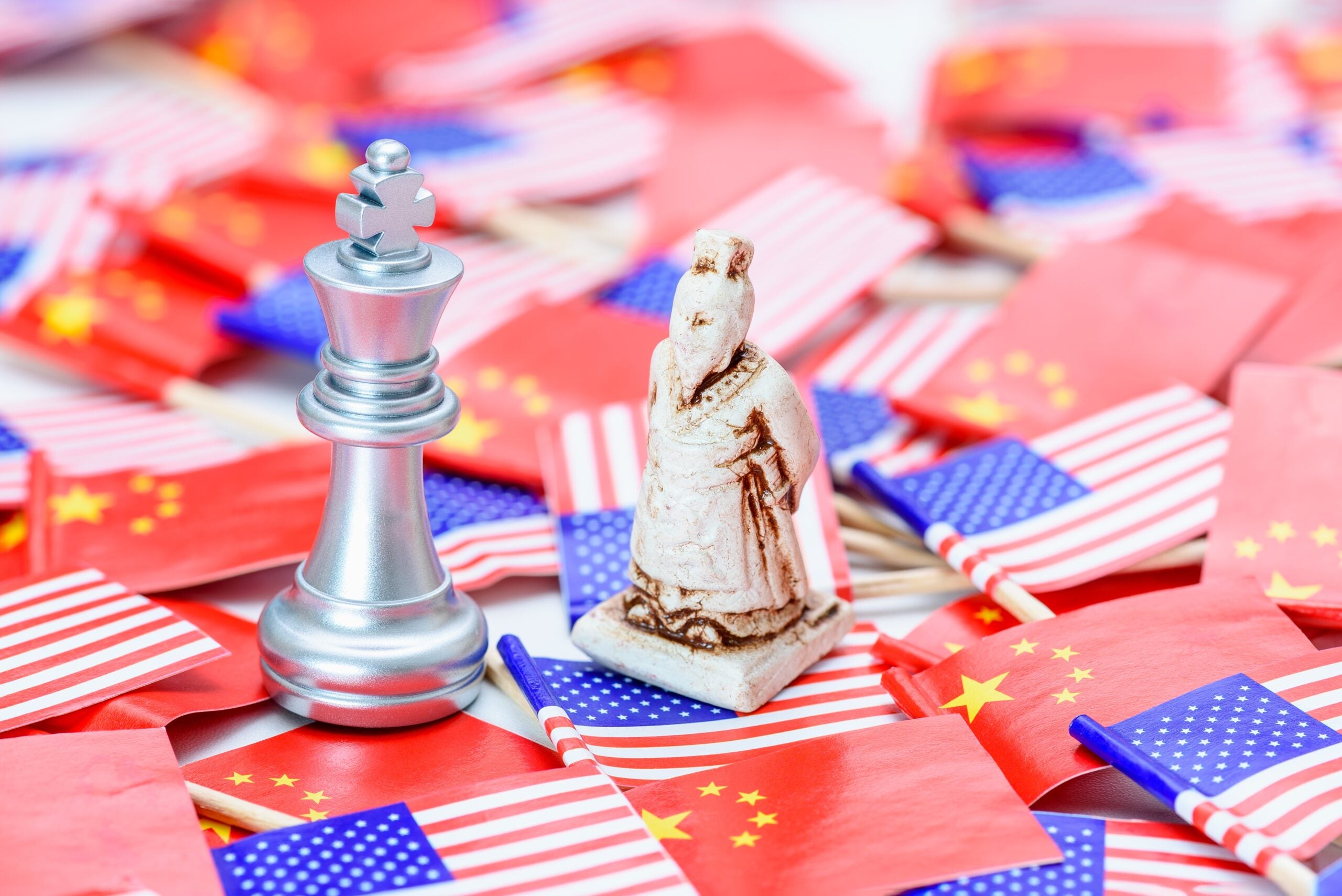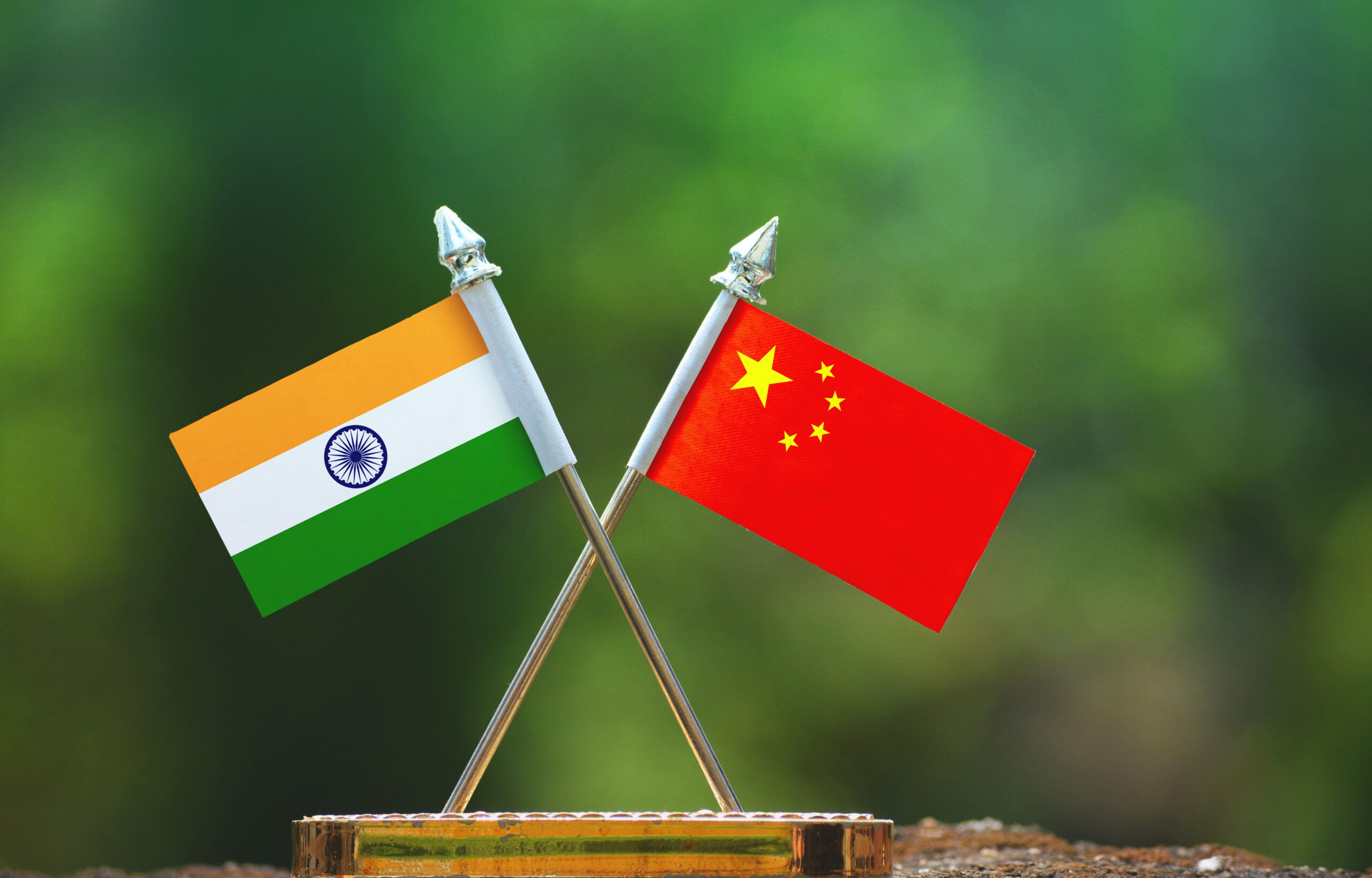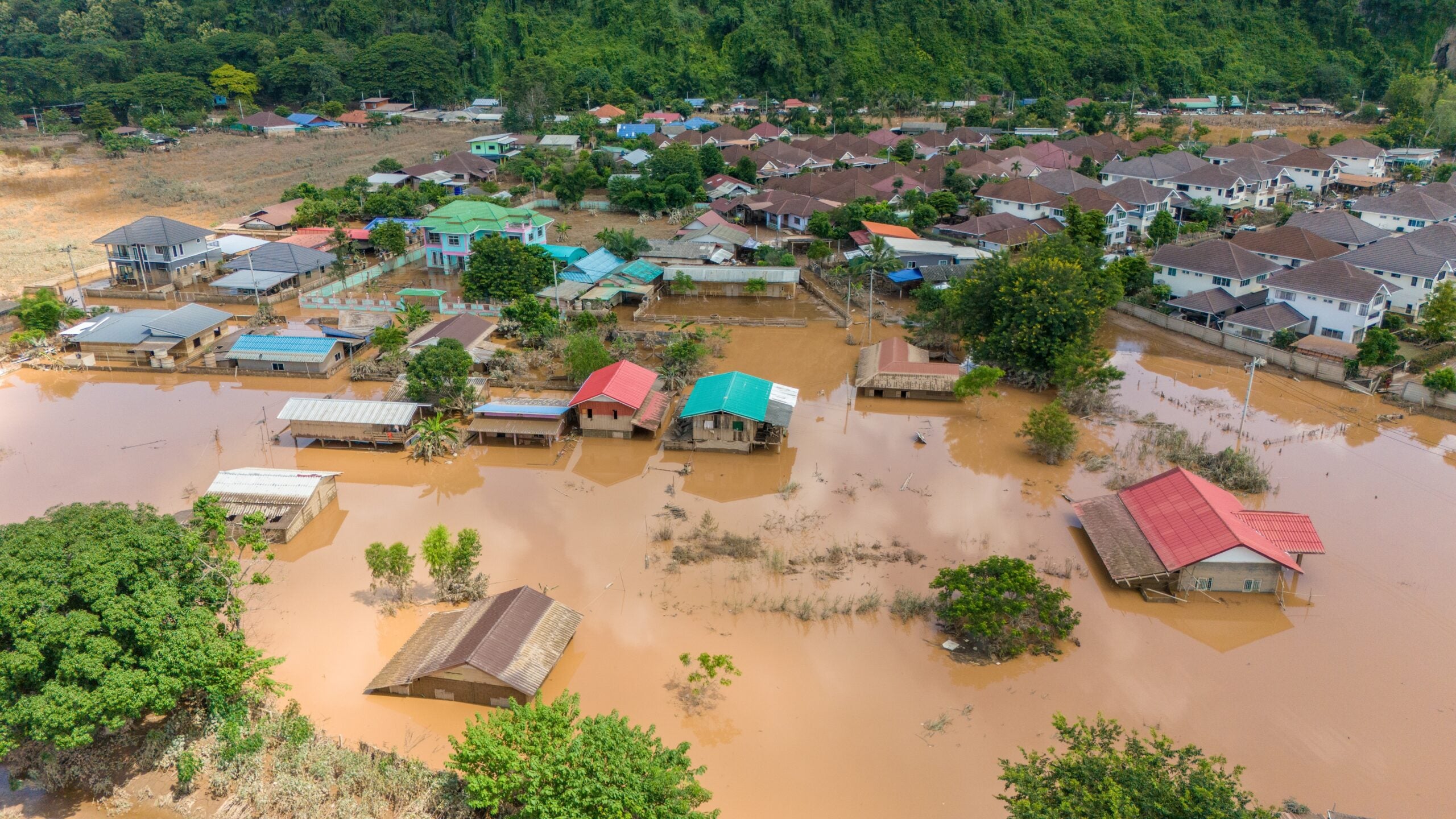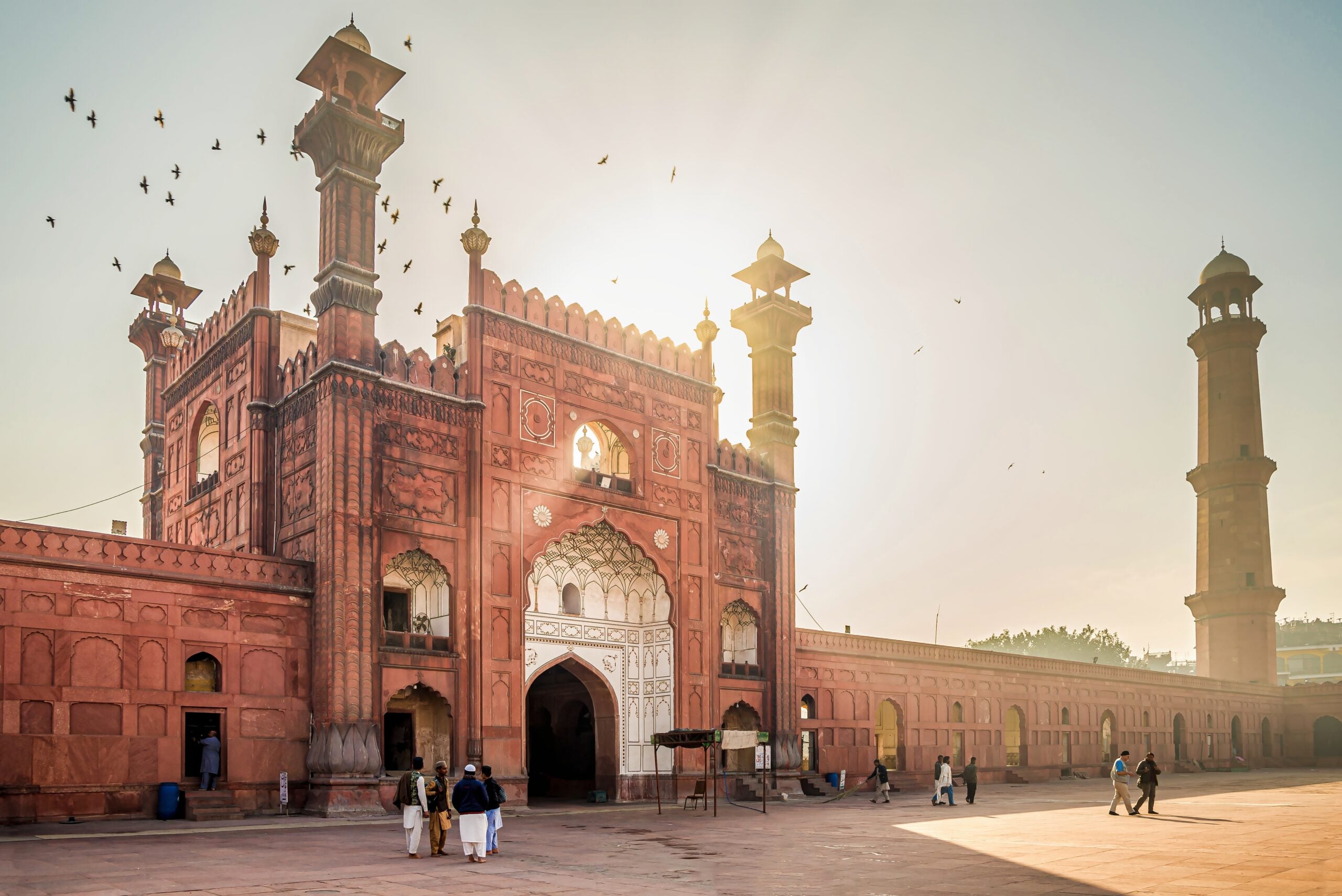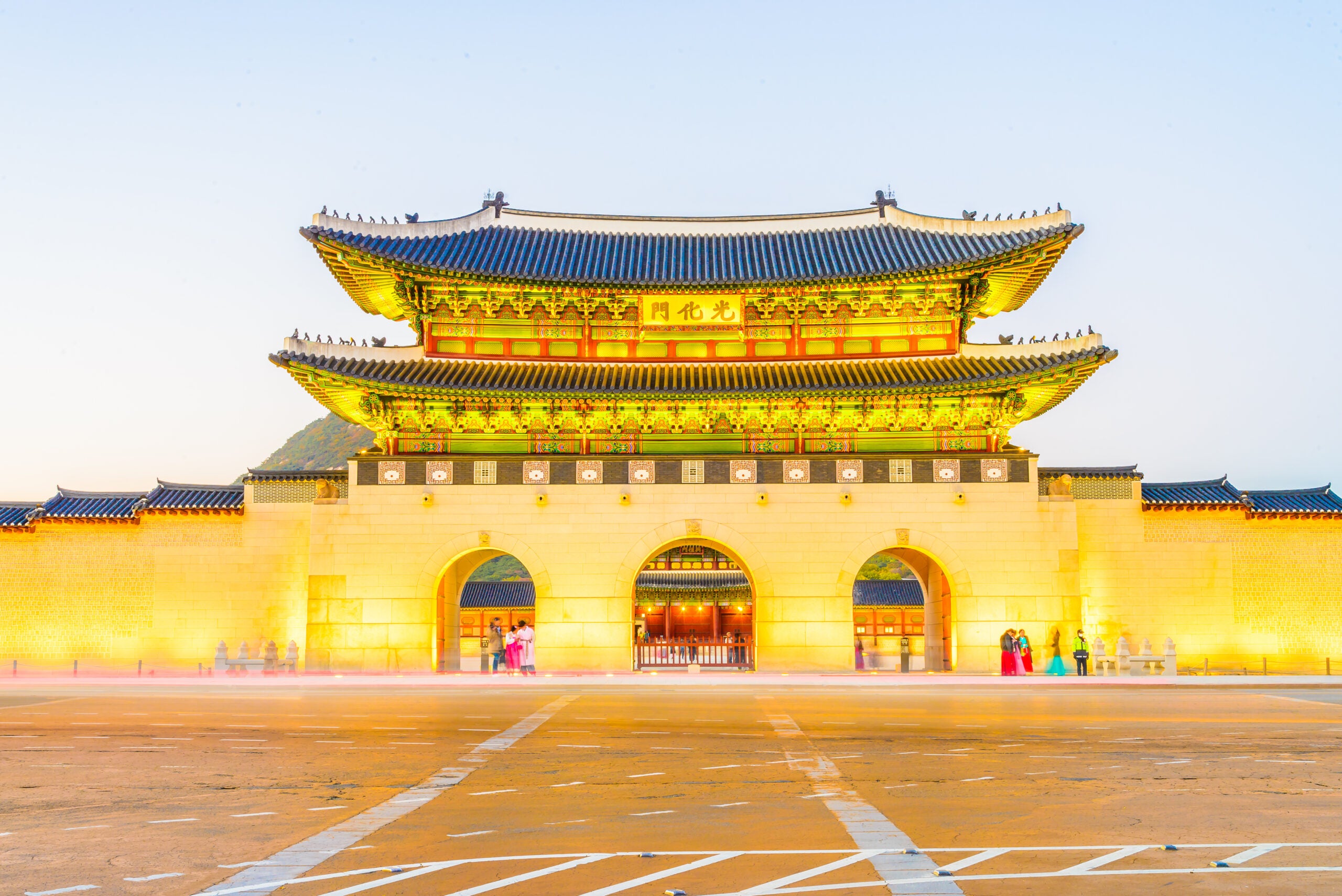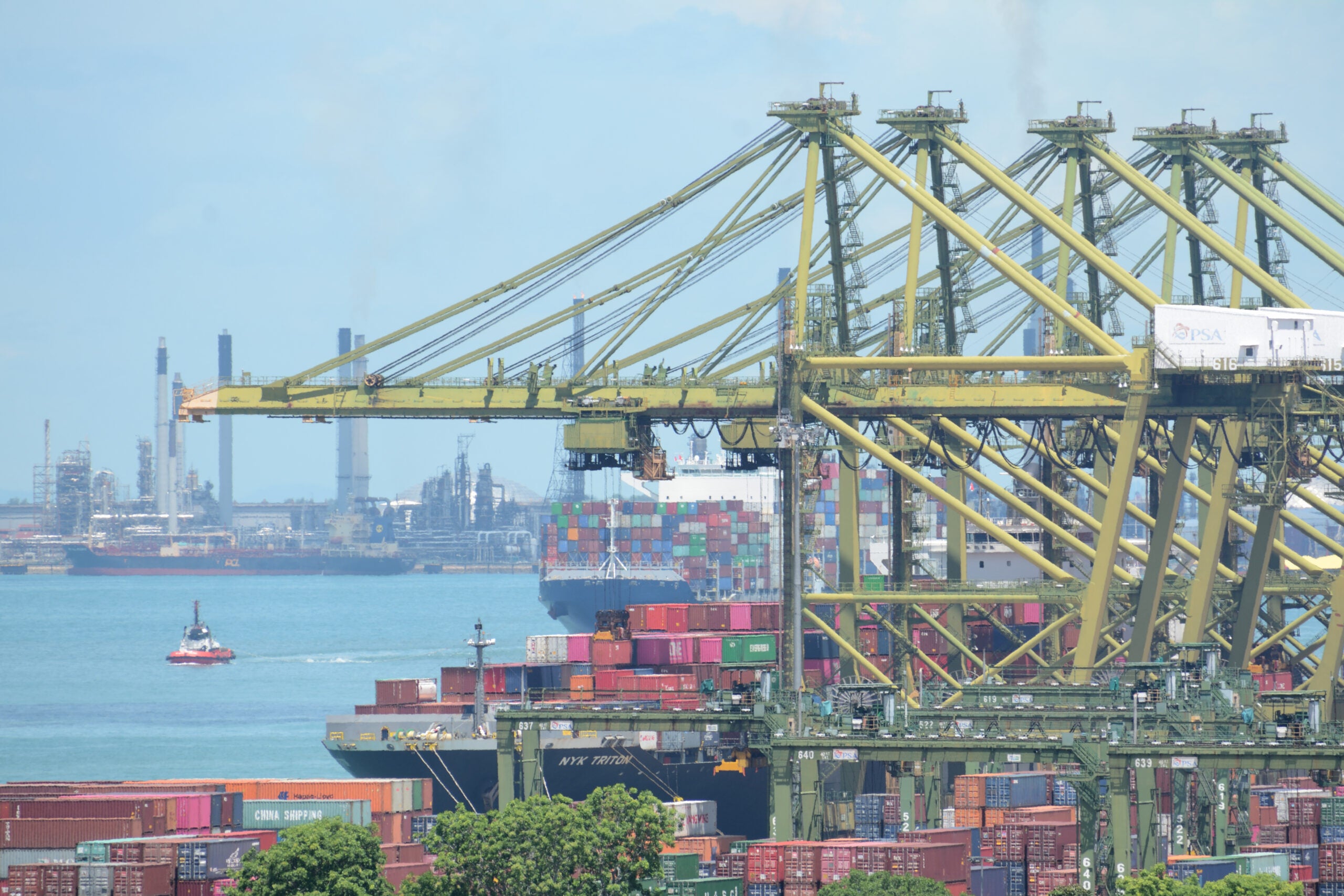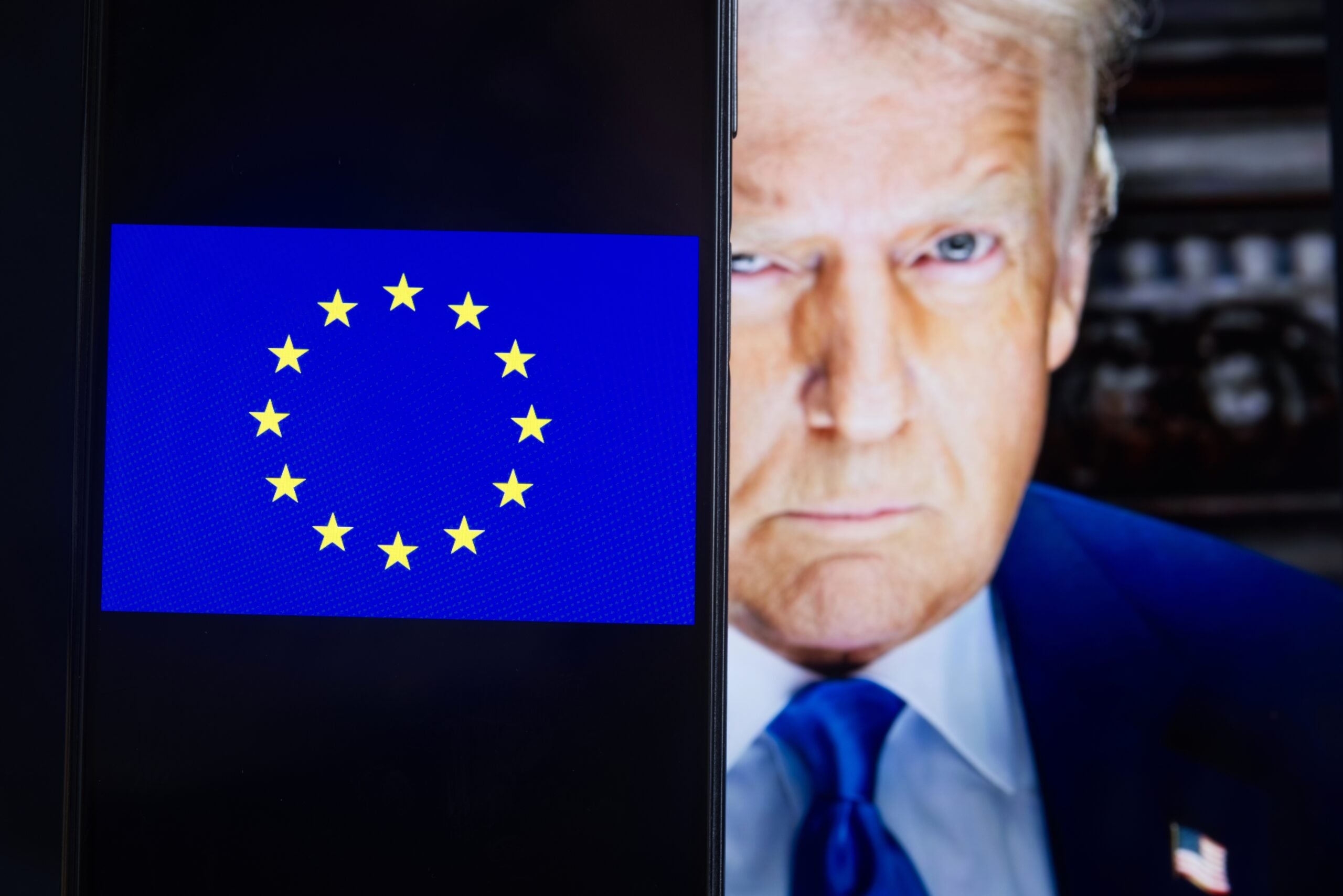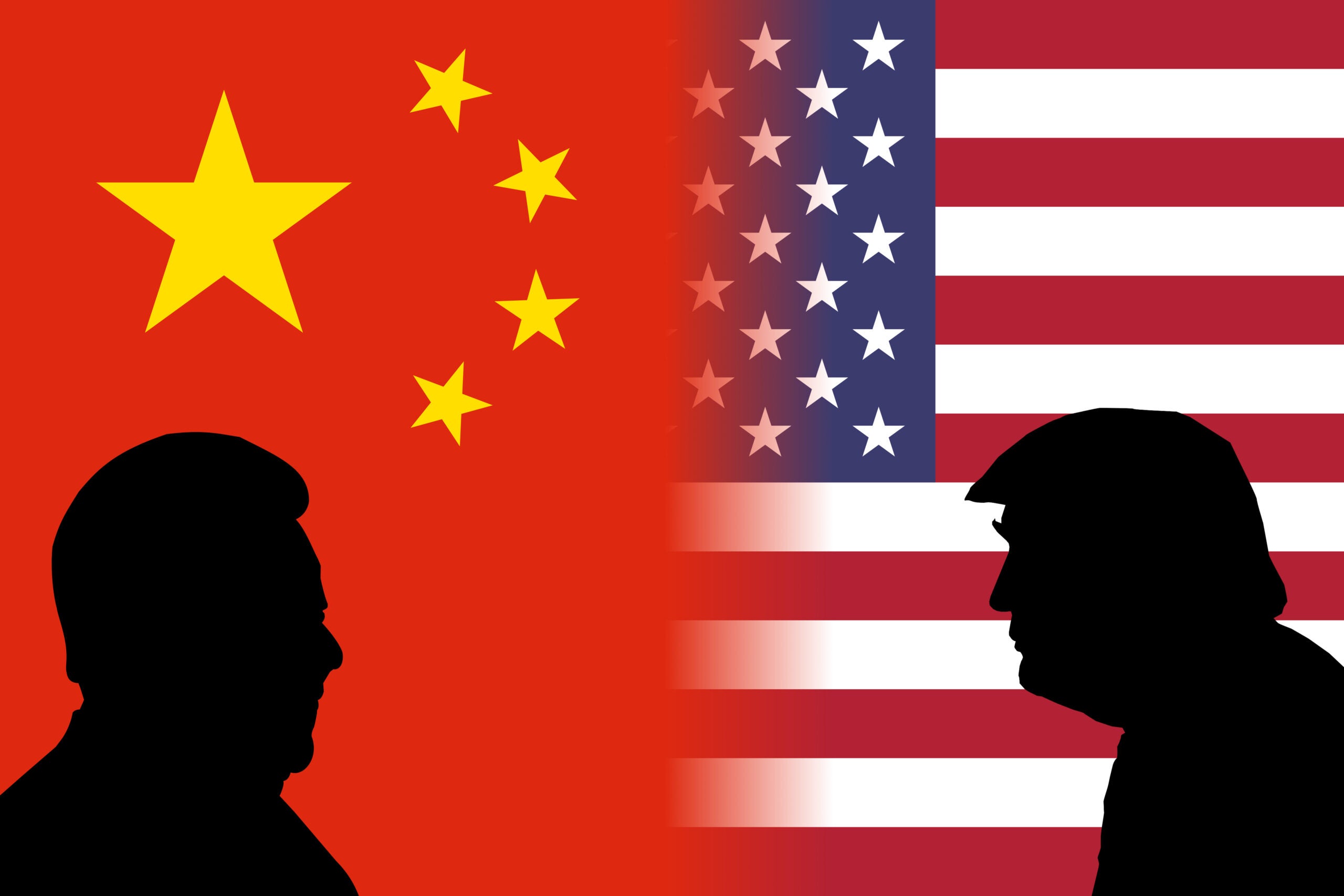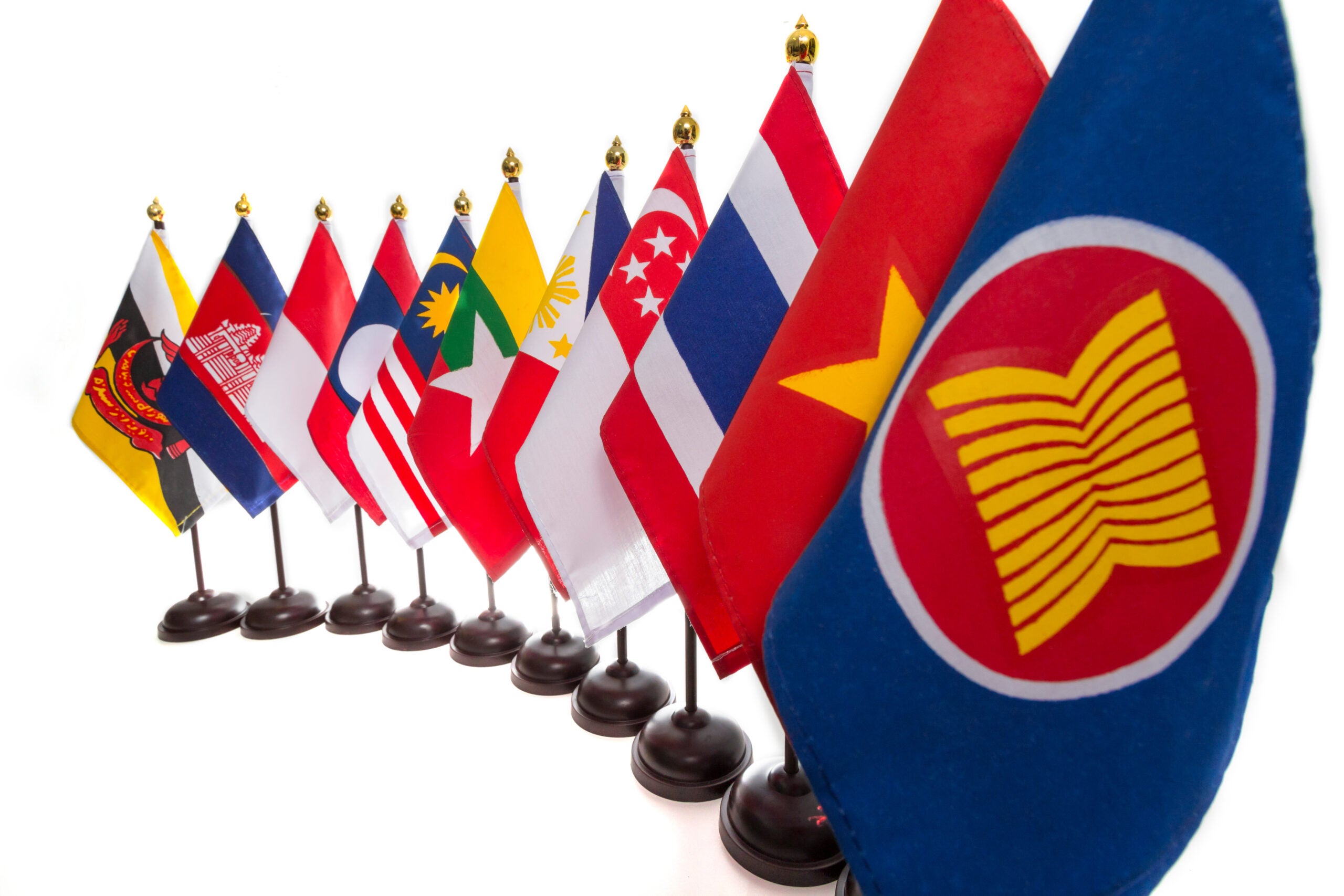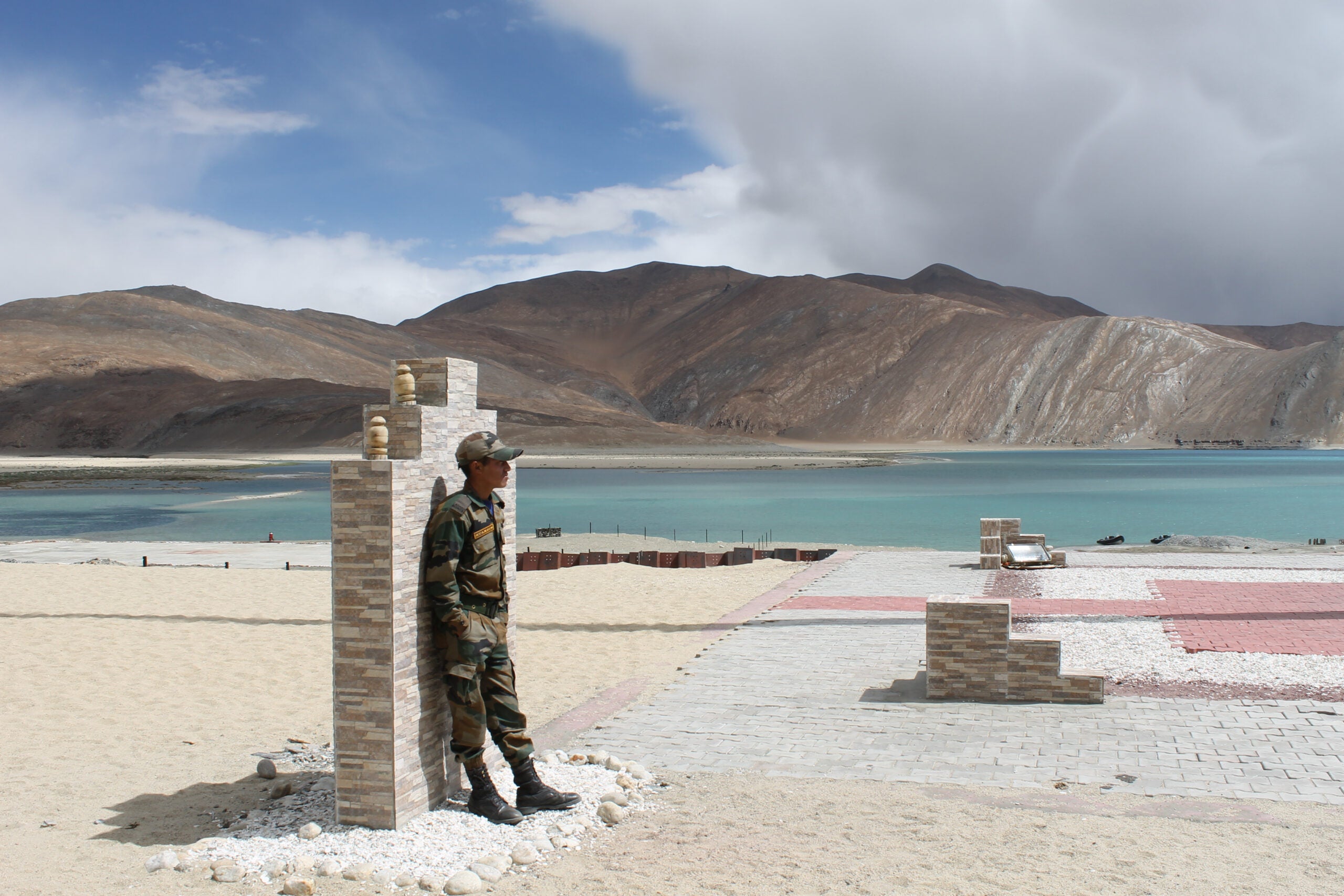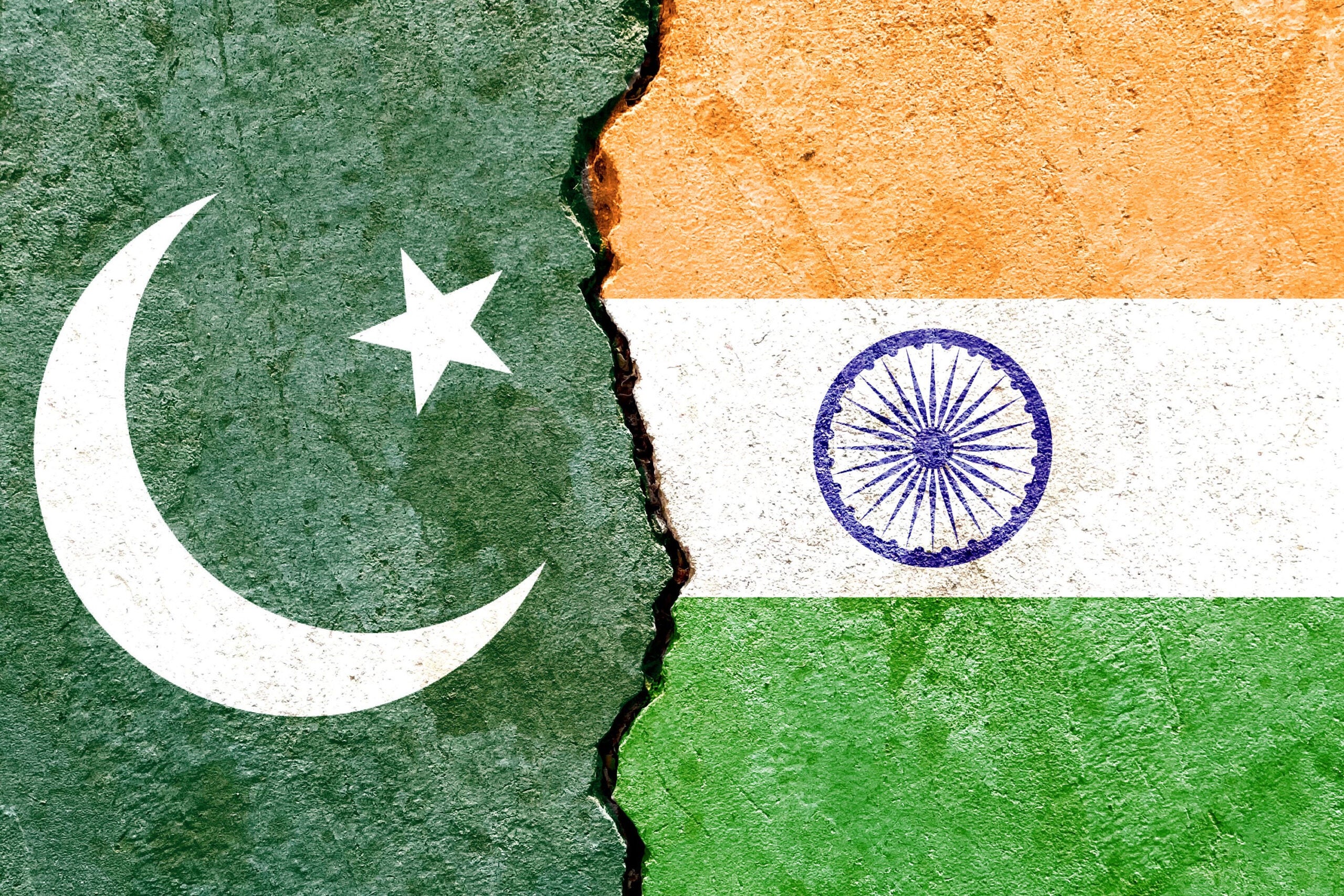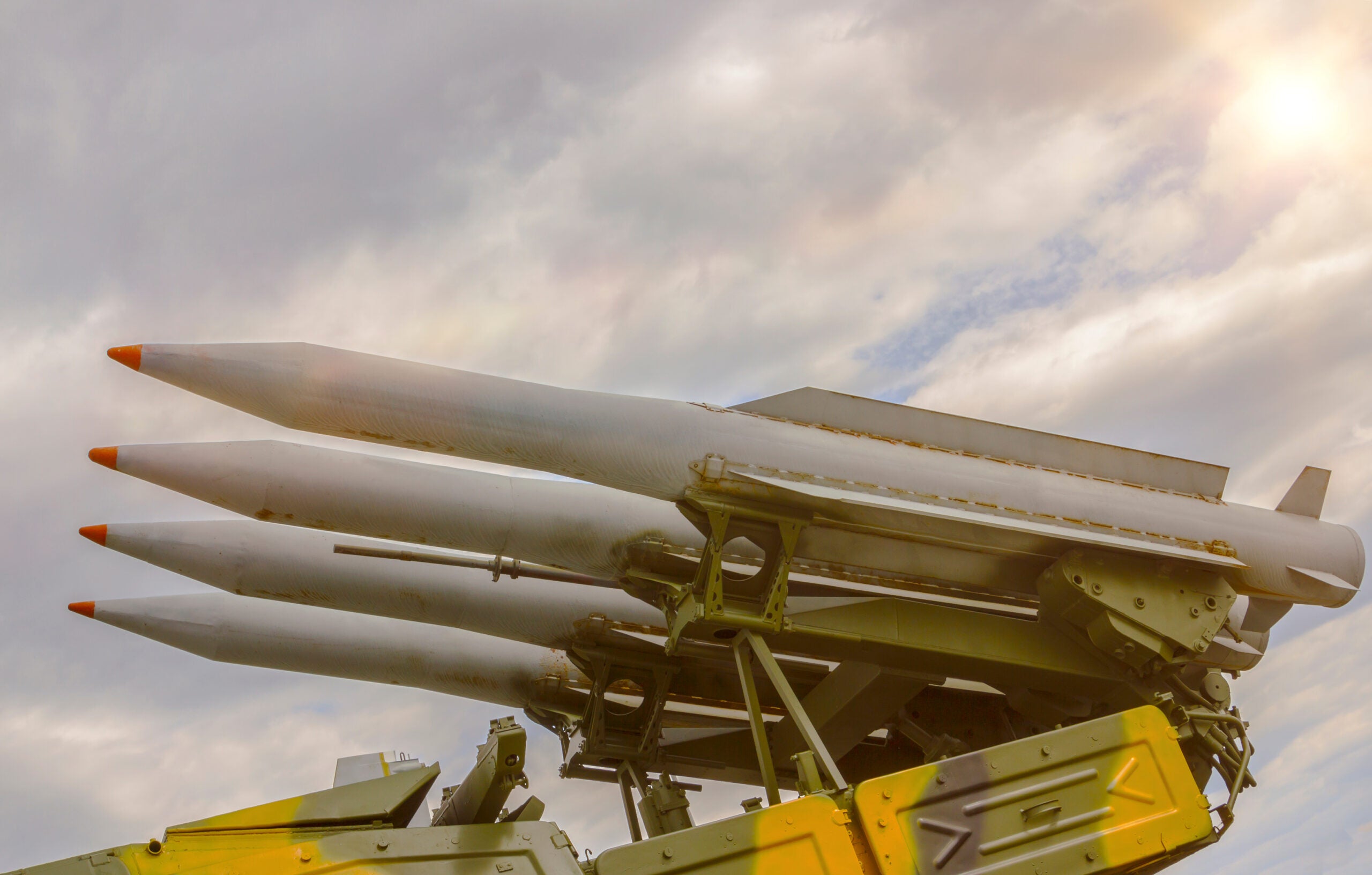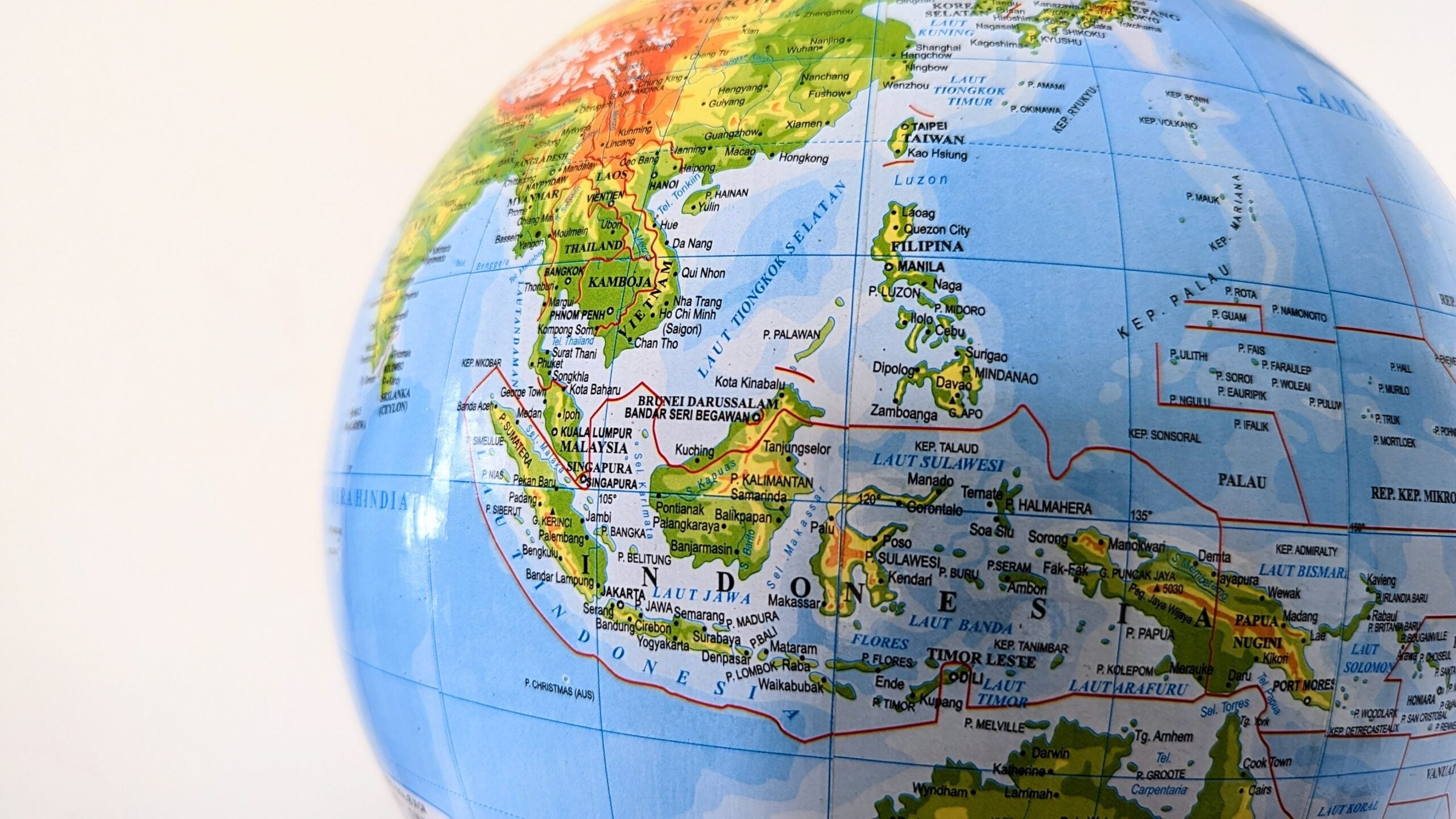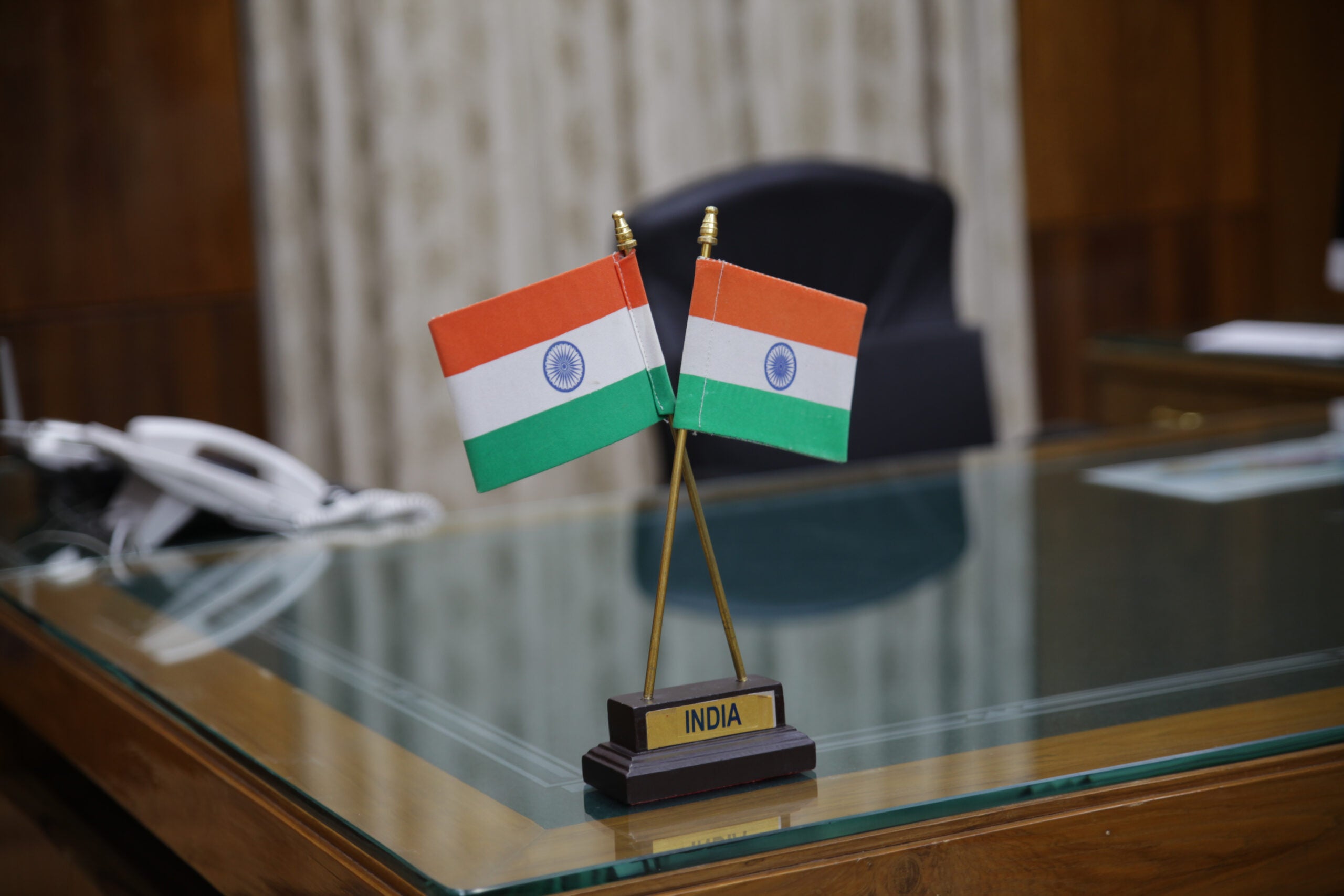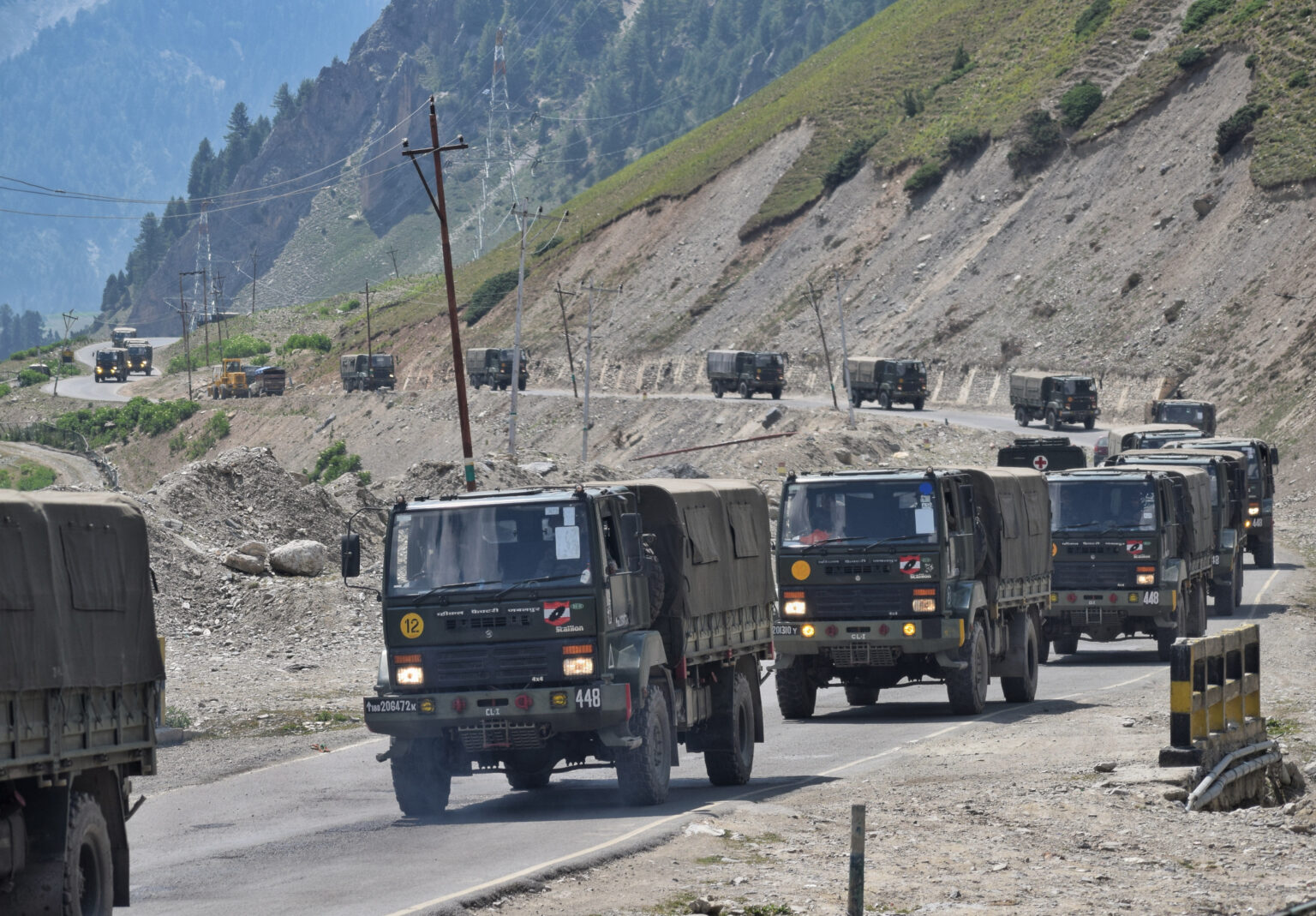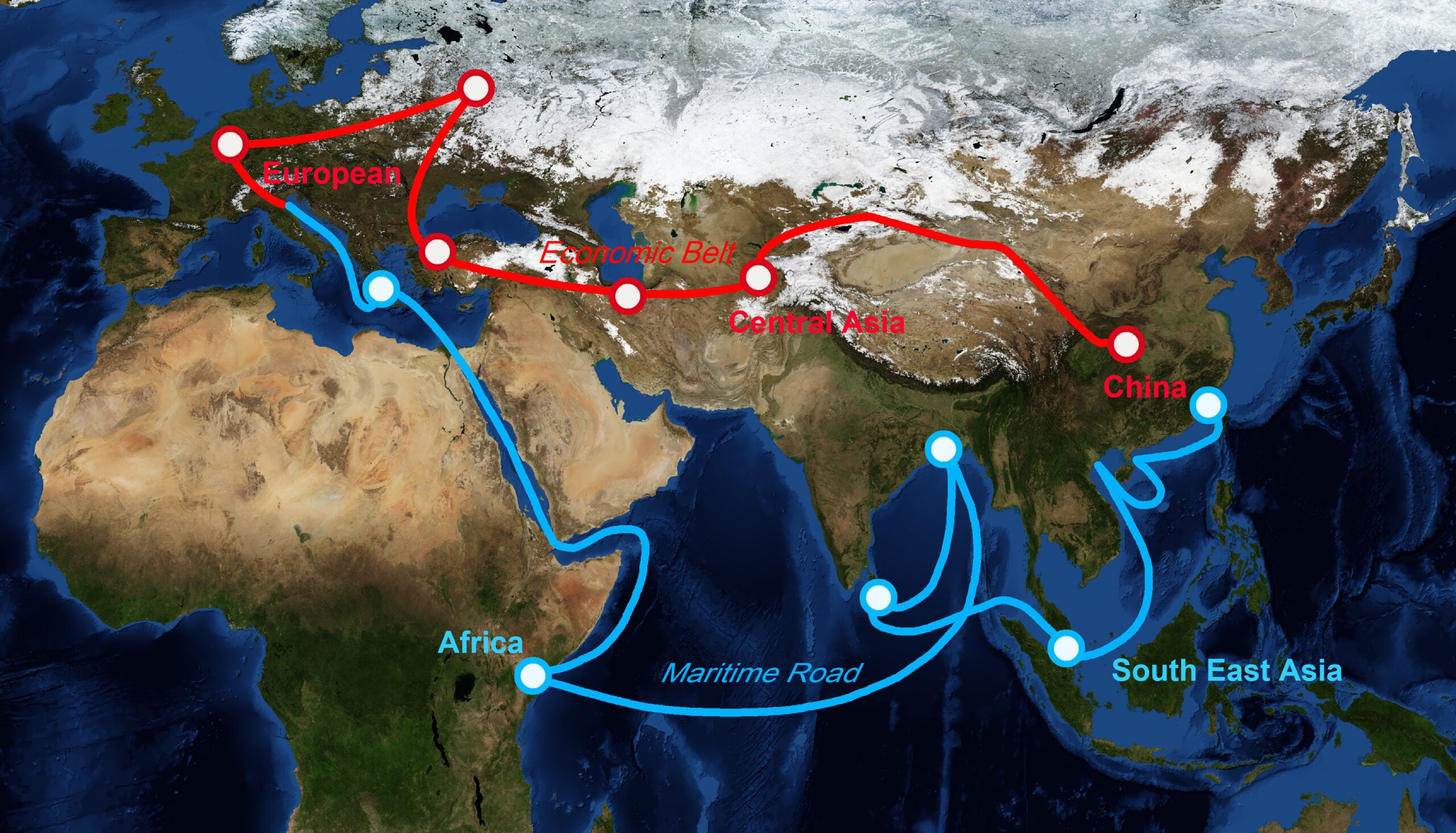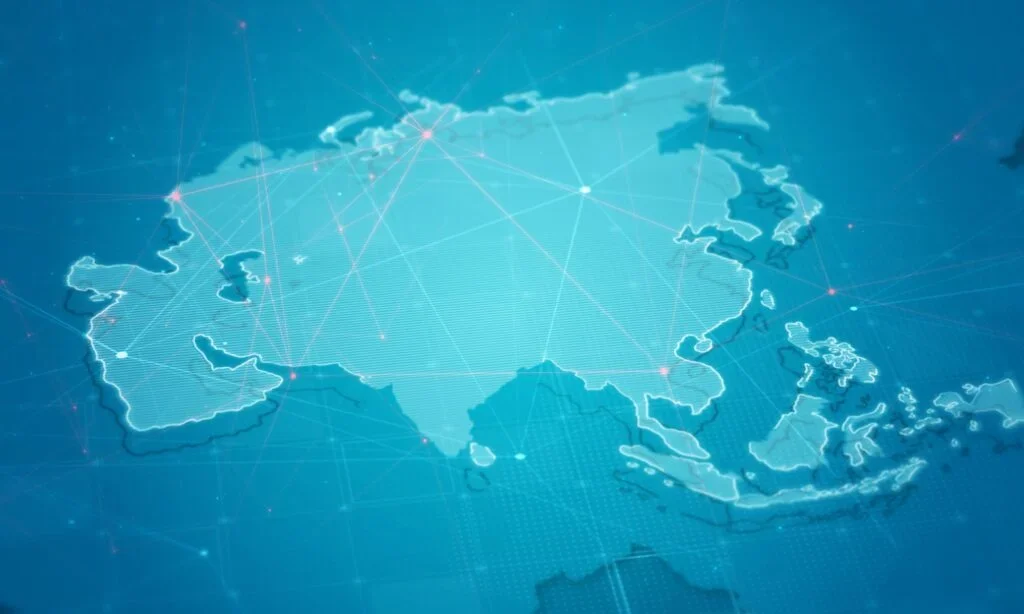Asian Peace Programme - Essays
Who will save the world from a US-China AI arms race?
By Alex Capri | 20 February 2026
The US and China now face a prisoner’s dilemma in military AI: both would be safer with restraint, yet each accelerates development to avoid falling victim to the other. Much of the fuel for this race flows directly from Silicon Valley, where OpenAI, Anthropic, Google DeepMind and other tech behemoths compete with each other at breakneck pace, flooding the market with powerful new AI systems that are largely unrestrained and unregulated.
The Thailand-Cambodia conflict: A Thai and Cambodian perspective on peace
by In Sokhuon and Pattharapong Rattanasevee | 13 January 2026
The recent escalation along the Cambodia-Thailand border stands out as one of the most serious threats to peace in Southeast Asia today. The Asian Peace Programme (APP) separately invited a Thai scholar – Dr. Pattharapong Rattanasevee, a lecturer at Mahidol University – and a Cambodian scholar – Dr. In Sokhuon, a research fellow at the Institute for Contemporary Chinese Studies (ICCS) in India – to each contribute an essay exploring strategies for durable and long-term peace in the region.
The Busan silence: how great-power pragmatism is rewriting Taiwan’s future
by Robin Hu | 11 December, 2025
When Chinese President Xi Jinping and US President Donald Trump met in Busan, South Korea, on October 30, they spent nearly two hours discussing rare earths, fentanyl and trade. Taiwan, the one issue most likely to bring the world’s two largest powers into direct conflict, never came up. That silence was the message.
ASEAN Between China and the US: Navigating a ‘No Single Power’ Global Order
by Lili Yan Ing | 4 December, 2025
Over the last half century, the global economy has expanded 30-fold, from around $ 3 trillion in 1970 to more than $110 trillion in 2024. This remarkable surge is often attributed to openness: more open trade, cross-border investment, and the mobility of talent. But openness was never the whole story. What mattered most were the domestic institutions and industrial capabilities that allowed countries to harness global markets for development.
Breaking the Loop: Why India and China Need Political Imagination to Rebuild Trust and Relationship
by Tansen Sen | 19 November, 2025
Indian Prime Minister Narendra Modi’s visit to China in August, followed by New Delhi’s decision to resume issuing visas to Chinese citizens and the gradual restoration of direct flights between the two countries, has set in motion yet another loop in India–China relations.
Building Resilience for a New World
by Arunabha Ghosh | 19 November, 2025
Torrential rains in Darjeeling, India and Nepal, where landslides have swept away lives and bridges; successive typhoons submerging Hanoi's streets; floods in Chad, where thousands of rural homes have been destroyed — and this was just October. 2025 has rung loud sirens on climate extremes.
How China can anchor Southeast Asia's future in an uncertain world
by Kevin Zongzhe Li | 24 October, 2025
China has a unique opportunity to cast itself as an anchor of stability for Southeast Asia now that the United States is retreating from its position as the rule maker of global trade.
India, Pakistan, and Breaking out of the 'Continent of Circe'
by Akbar Ahmed | 8 October, 2025
The time has come to move beyond platitudes and empty goodwill gestures and think of concrete, long-term suggestions to promote harmony and peace.
Southeast Asia’s “Anatomy of Choice” Between the Great Powers
by Joseph Chinyong Liow & Yuen Foong Khong | 5 September, 2025
As differences between China and the United States harden further into strategic rivalry, the question of choice - between either of the two great powers – continues to loom large over the countries of Southeast Asia.
Integrated Supply Chains – A Possible Citadel for Peace in Southeast Asia
by Cameron Johnson | 14 August, 2025
Some parts of the world, like the European Union and North America, enjoy peace. There is zero prospect of war between any two EU or North American states. Can the rest of the world replicate this? If so, how? One helpful mechanism could be integrated supply chains.
How to Fix the Cracks in the Nuclear Dam
by Adam Thomson | 24 June, 2025
In several parts of the world—Asia, the Middle East, and maybe Europe—numerous states now have greater incentives to acquire nuclear weapons and fewer obstacles to prevent them from doing so. The pressures on the nonproliferation dam are growing. It’s not clear yet whether the dam will hold, leak, or burst. But there is a very clear case for trying to reinforce it.
Persuading for Peace, Protecting Its Interests: China's Conflict Diplomacy
by Andrew Cainey and Chengkai Xie | 7 June, 2025
In recent years, Beijing has increasingly taken on the role of conflict mediator on the world stage — hosting negotiations, proposing peace plans, and even deploying personnel to oversee ceasefires. Once reluctant to engage in UN peacekeeping activities, it now provides more troops than any other P5 member. These are dramatic shifts for a country that was once a staunch advocate of non-interference.
US ASEAN Policy Must Be Rooted in Economics, Not Just Defense
by Abhinav Seetharaman | 30 May, 2025
U.S. Secretary of State Marco Rubio emphasized earlier this year that the United States would pursue a “pragmatic” and “realistic” approach to the Association of Southeast Asian Nations (ASEAN) and continue to respect ASEAN centrality: the principle that the bloc will chart its own path forward without being coerced into choosing sides between great powers. What should such an approach look like in practice?
South Korea: Is it time for a more balanced strategy?
by Soon Ok-Shin | 27 March, 2025
The question for South Korea, a key US ally in Asia, is whether it has the wherewithal to protect its interests in this dramatically changing world order.
A nuclear war started by AI sounds like sci-fiction. It isn’t
by Sundeep Waslekar | 21 March, 2025
Humans have perhaps five to 10 years before algorithms and plutonium could reduce us to skeletons and skulls. We need a comprehensive agreement among major powers to mitigate this risk, going beyond the reiteration of the “human in the loop” slogan.
Ports, politics, and peace: The engineering of stability
by Guru Madhavan | 5 March, 2025
Peace and geopolitical stability aren’t just diplomatic achievements; they are engineered, and infrastructure is often the stabiliser that endures – even outlives – shifting alliances.
It’s Time for Europe to Do the Unthinkable
by Kishore Mahbubani | 27 February, 2025
Trump is behaving like a rational geopolitical actor in putting what he perceives to be his country’s interests first. Europe shouldn’t just criticize Trump—instead, it should emulate him.
Can Young Americans and Chinese Build Bridges Over Trouble Waters?
by Brian Wong | 21 February, 2025
Bridge-building by the youth of China and the United States, especially those aged under 35, remains possible – and necessary. Indeed, the youth have already begun doing so.
Trump 2.0 : Getting US-China ties right despite the odds
by Zhiqun Zhu | 16 January, 2025
The two powers could develop sound and realistic policies to manage their competition successfully if they so decide. It all boils down to a simple choice: cooperation or confrontation.
How Malaysia can boost Asean agency and centrality amid global challenges
by Elina Noor | 2 December, 2024
On October 11, Laos handed the baton of the Association of Southeast Asian Nations (Asean) chairmanship to Malaysia during the closing ceremony of the 44th and 45th Asean Summits and Related Summits. Malaysia will officially assume the chair on January 1 next year with the theme “Inclusivity and Sustainability”.
Why have China and India come together?
by Kanti Bajpai | 22 November, 2024
India-China relations turned a significant corner in October 2024. Two sudden developments heralded this change.
Why India-Pakistan relations need a new era of engagement
by Farhan Hanif Siddiqi | 8 November, 2024
While current tensions suggest a high likelihood of future militarised crises, they do not negate the underlying potential for India-Pakistan engagement.
Nuclear Stability in the 21st Century
by Rakesh Sood | 2 October, 2024
The third nuclear age has forced strategic thinkers to confront the dilemma of nuclear deterrence anew, this time in a multipolar nuclear world.
Asia's middle powers' activism a plus for regional stability
by Huong Le Thu | 25 September, 2024
As geopolitical crises expand and proliferate, and major powers find themselves preoccupied with mutual rivalry – along with, in many cases, pressing domestic issues – the room for so-called middle powers has grown in the international arena.
The U.S. and China Can Lead the Way on Nuclear Threat Reduction
by Zhou Bo | 21 August, 2024
Since the end of the Cold War, the role of nuclear weapons has only grown. Nuclear arsenals are being strengthened around the world, with many nuclear states continuing to modernize their arsenals.
A new 'coalition of the unwilling'
by Jay Vinayak Ojha | 7 July, 2024
As Narendra Modi’s new government takes shape in India, the now three-term Prime Minister has done everything possible to emphasise continuity from his second term. The reappointment of seasoned diplomat Dr Subrahmanyam Jaishankar to his role as Minister of External Affairs is a vote of confidence in his stewardship of India’s foreign policy in perhaps the tensest geopolitical environment of the last half-century.
Would you care for a ‘package deal’? The future of a territorial swap on the disputed Sino-Indian boundary
by Ameya Pratap Singh | 30 June, 2024
Disputes over territory are perhaps the largest contributors to interstate conflict, as the recent examples of the Israel-Palestine and Russia-Ukraine conflicts have evidenced. The most insurmountable in this category, at least in terms of the length of the disputed boundary, is the 2100-mile long disputed Sino-Indian border.
Southeast Asia, China, and the Belt and Road Initiative: Still Going Strong?
by Guanie Lim | 15 May, 2024
Relations between great powers and their neighboring regions are often fraught. The cases of the United States and Latin America, or the European Union and North Africa, come to mind. For instance, tensions related to immigration from Latin America and North Africa, has led to the rise of right wing populism in ...
Reconceptualizing Asia’s Security Challenges
by Jean Dong | 21 April, 2024
As the world’s economic center of gravity and strategic focus continue to shift toward Asia, the region has become a focal point for strategic competition among major powers. The Asian region also harbors many flashpoints such as Taiwan, the South China Sea, the Korean Peninsula, and the China-India border.

Asia should take the lead on global health
by K. Srinath Reddy and Priya Balasubramaniam | 30 March, 2024
In the wake of the COVID-19 pandemic, most of the world now recognizes the importance of addressing global health challenges. But Asian perspectives are still often ignored by the powerful actors that have played a role in making global health a diplomatic priority...
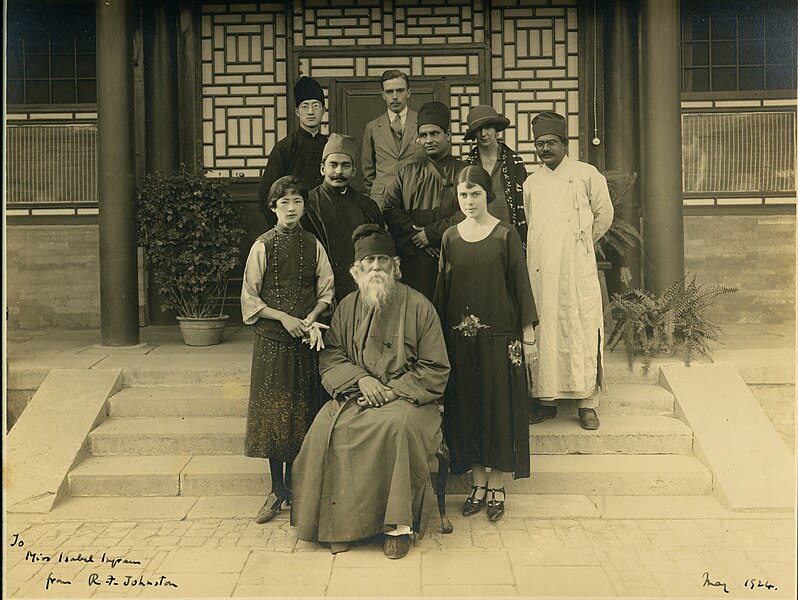
Rabindranath Tagore: A Man for a New Asian Future
by Archishman Raju | 22 March, 2024
Relations between India and China are deeply troubled today. Many analysts predict that these relations will become worse in the coming years and see no future where these two Asian powers will come together in cooperation. Nevertheless, most Asians and much of the world would prefer to see a harmonious relationship between these two powers.
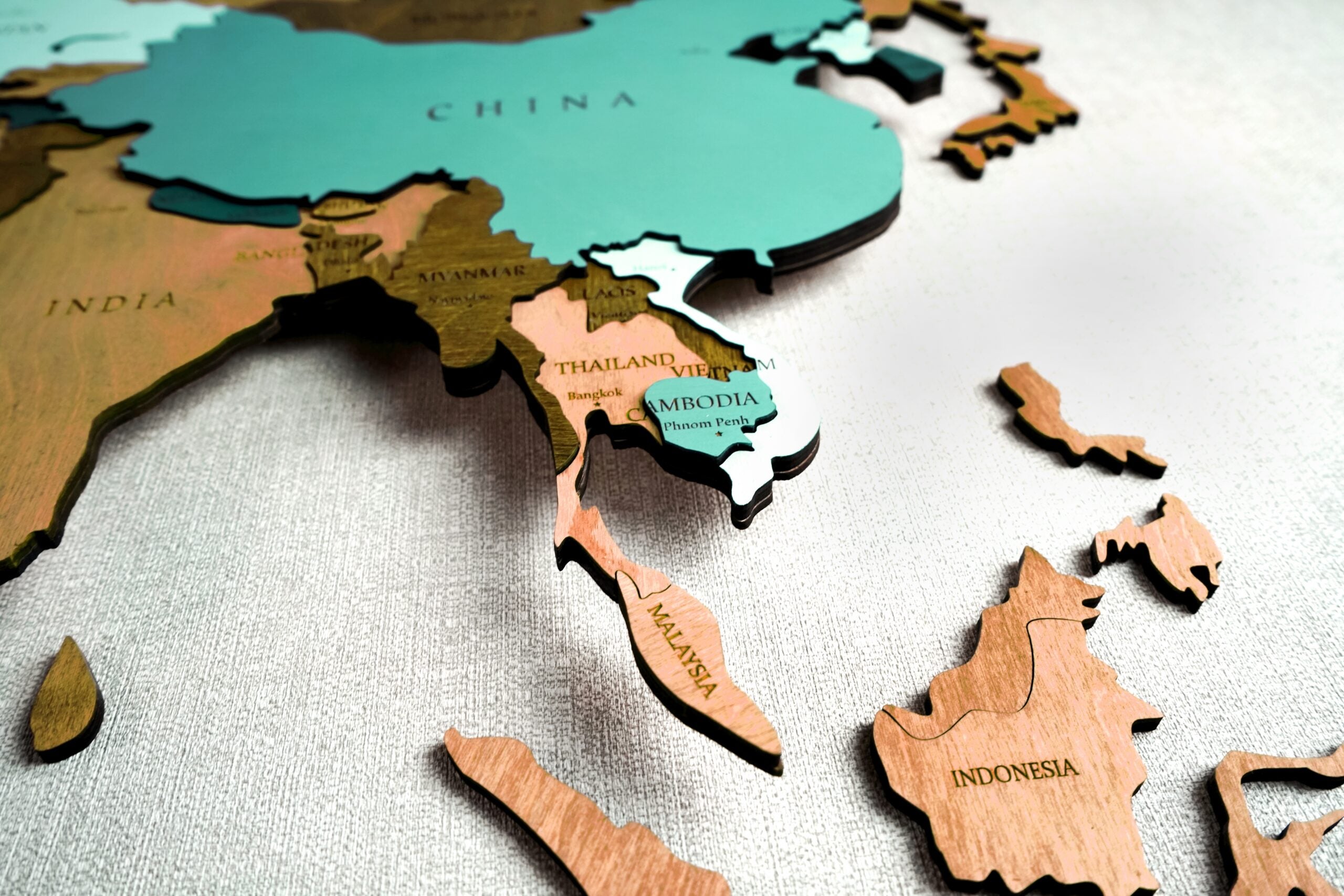
Securing China-US Relations within the Wider Asia-Pacific
by Sourabh Gupta | 29 January, 2024
“Every ‘world order’ expresses an aspiration to permanence,” wrote the late and great Henry Kissinger in his 1994 masterpiece “Diplomacy,” “yet the elements that comprise it are in constant flux.” The current U.S.-dominated global order is no exception. Its hub-and-spoke deterrence architecture in ...
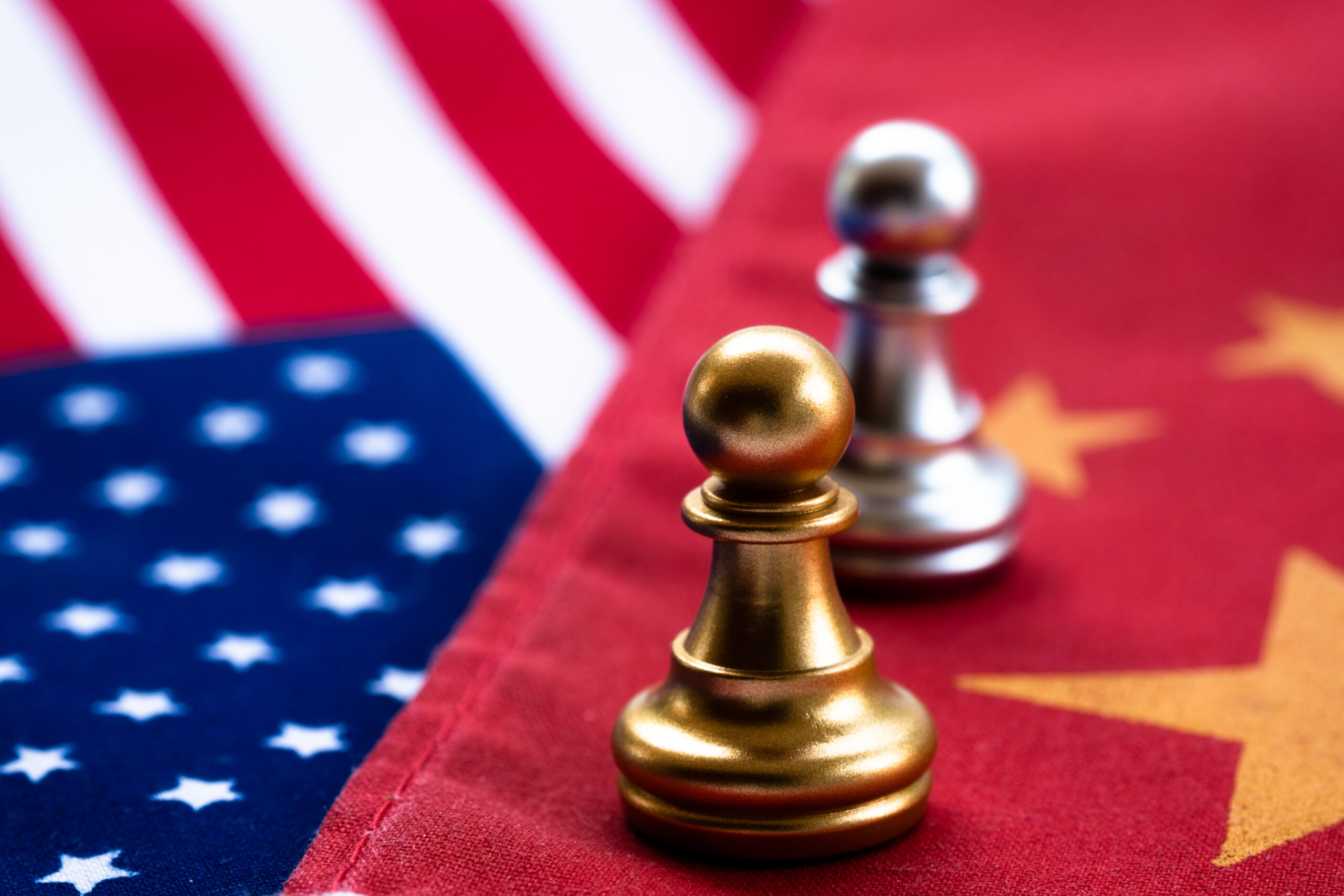
Biden-Xi summit: A positive step in managing complex US-China ties
by Chan Heng Chee | 14 December, 2023
There is a cottage industry emerging of analyses on the Biden-Xi summit in San Francisco. Most of the writings fall into, for want of a better description, the glass half-full or the glass half-empty or, in some extreme cases, a glass totally empty school.
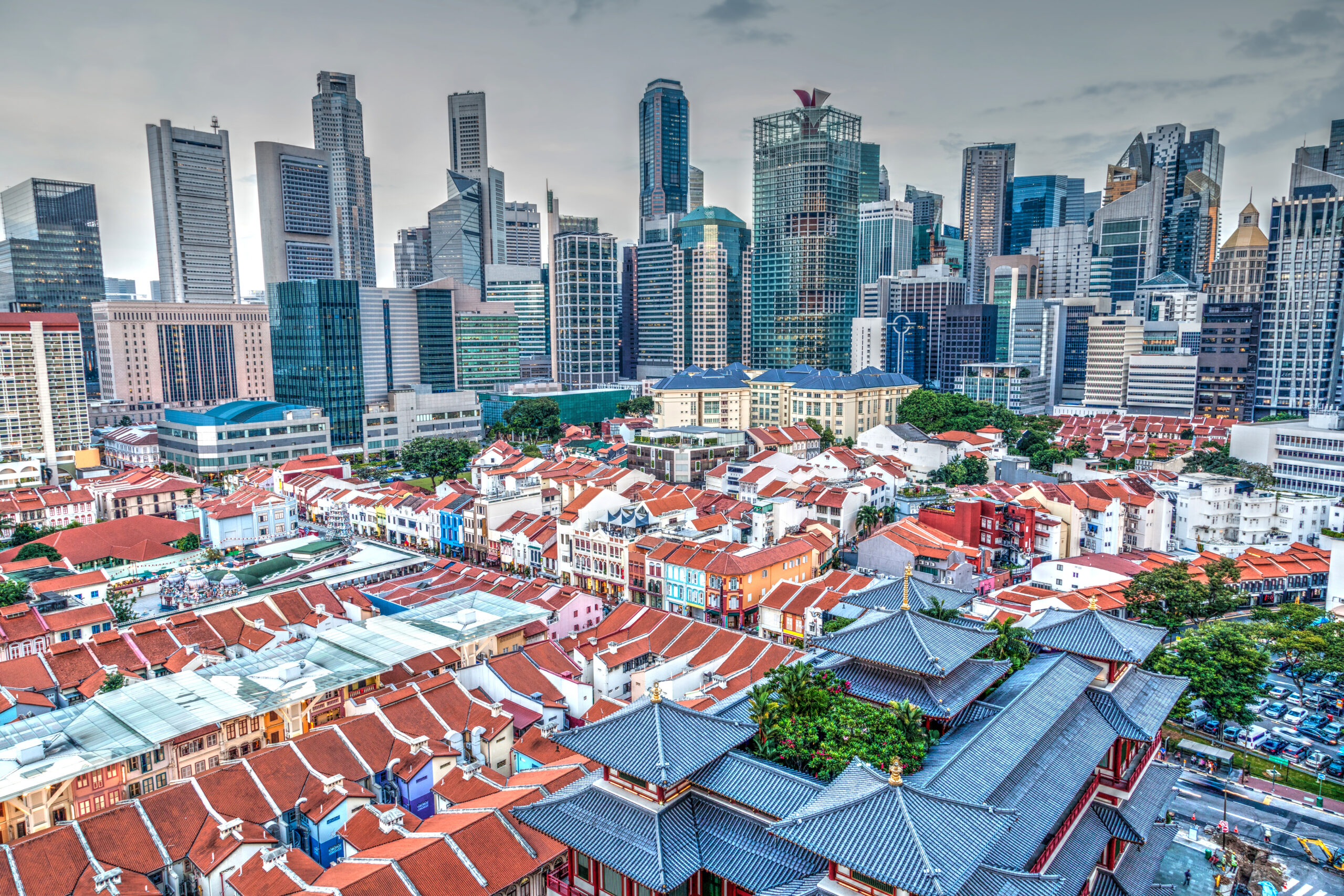
Singapore’s Role as a Neutral Interpreter of China to the West
by Walter Woon | 4 December, 2023
On February 15, 1898, the battleship USS Maine blew up in Havana harbor. At the time, Cuba was part of the Spanish Empire and tensions between Spain and the United States had been brewing for some time, principally over Cuba’s struggle for independence. There was no evidence that Spain was responsible for the destruction of the USS Maine; however, lack of evidence did not ...
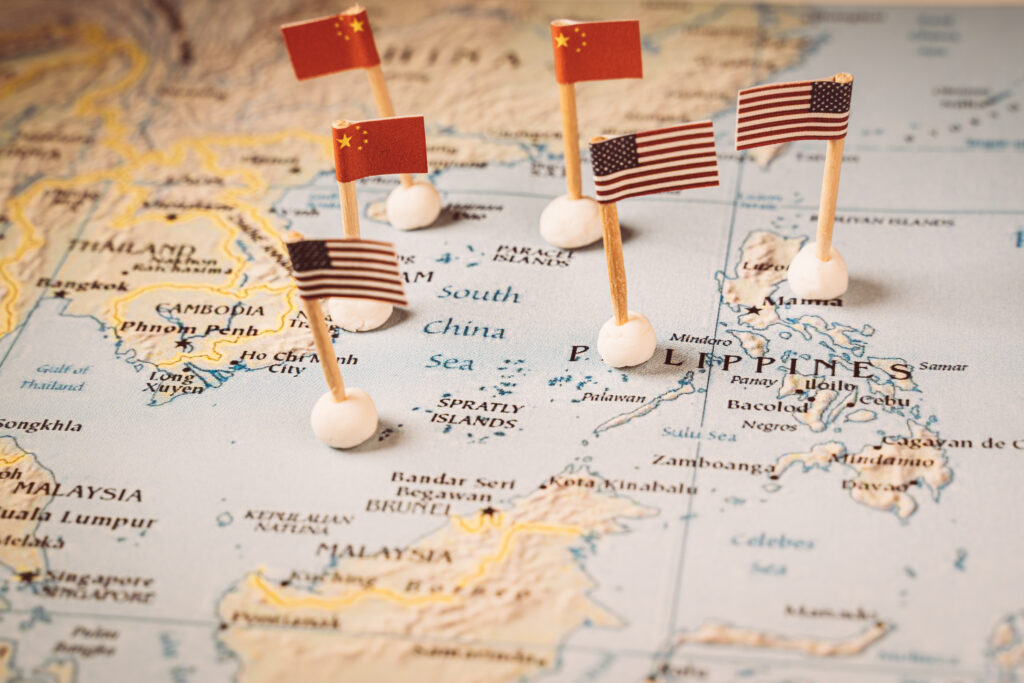
The US, China, and the Philippines in Between
by Andrea Chloe Wong | 21 November, 2023
As the US-China rivalry intensifies, countries in Southeast Asia continue to balance their relations with the two great powers. Most middle powers seek good relations with both, and avoid explicitly aligning themselves with either the US or China. This allows them to pursue trade, investment and security relations with the two great powers to better serve their...
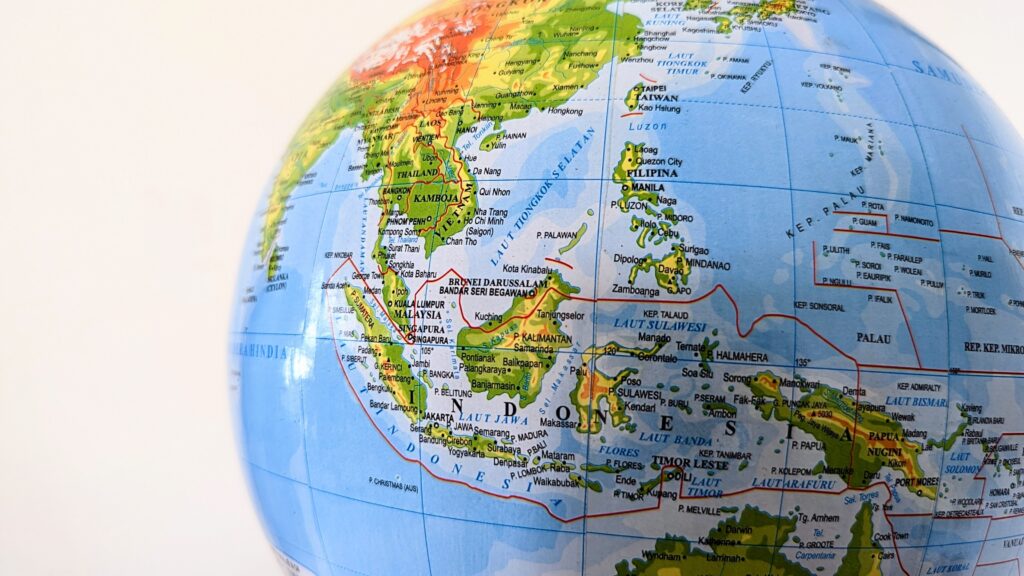
Crisis Management in Asia: A Middle Power Imperative
by Brendan Taylor | 25 October, 2023
As strategic competition intensifies across Asia, the dangers of military misperception, miscommunication, and mishap are mounting. Yet the crisis management and avoidance mechanisms designed to reduce such risks seem under increasing strain and in urgent need of reinvigoration. The stakes are too significant for this task to be left to the great powers; Asia’s middle powers must also step up to ensure that the region remains at peace.
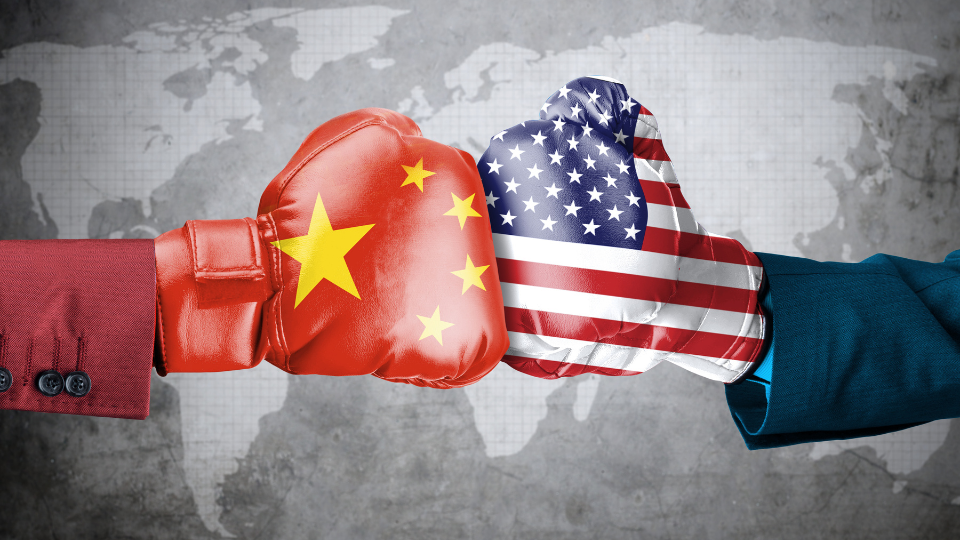
America Can’t Stop China’s Rise
by Tony Chan, Ben Harburg, and Kishore Mahbubani | 20 September, 2023
There’s little doubt that the American government has decided to slow China’s economic rise, most notably in the fields of technological development. To be sure, the Biden administration denies that these are its goals. Janet Yellen said on April 20, 2023 need not be incompatible with U.S...
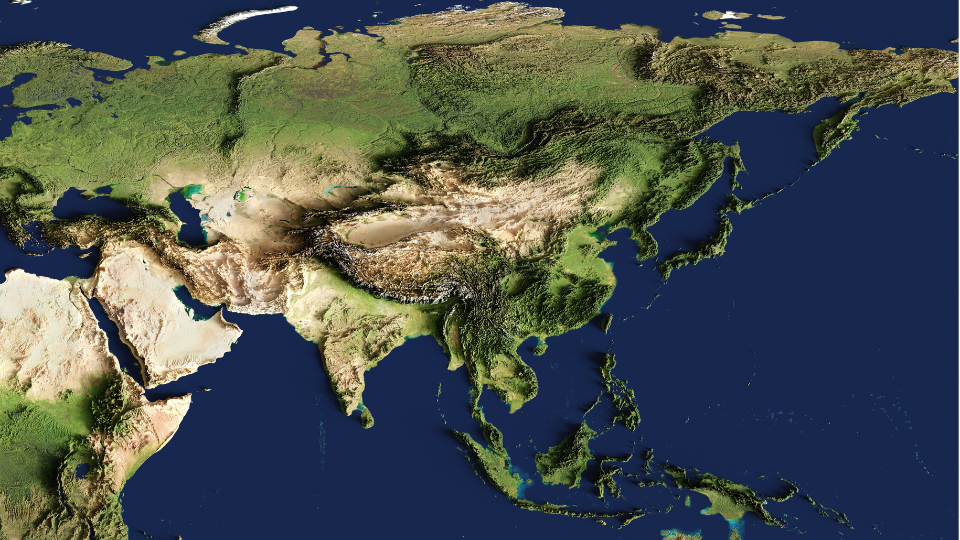
Civilisational Futures and the Role of Southeast Asia
by Tim Winter | 8 September, 2023
Civilisation has once again become a key term of international affairs. China, India, and Turkey are among those that have invoked the idea of the civilisational state to proclaim they hold the values required for 21st Century internationalism, and its leadership...

US-China rivalry will be stern test for Vietnam's diplomatic juggle
by Nguyen Cong Tung | 29 August, 2023
The increasing tensions between the United States and China are reshaping the geopolitical and security landscapes in regions where these two major powers compete for greater influence. Recent analyses by international relations scholars have contended that the hedging ability of many small and middle powers...
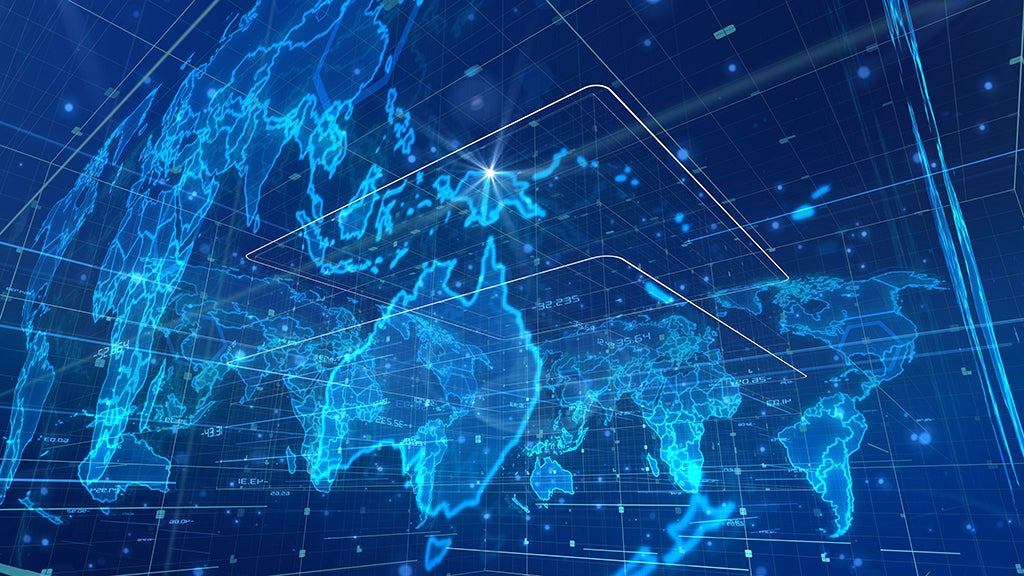
Coexistence: The only realist path to peace
by Stephen M. Walt | 1 June, 2023
The United States and its Asian partners want to maintain a balance of power in the Indo-Pacific, ostensibly to prevent China from becoming a “regional hegemon” there. They worry that Beijing will gradually persuade its neighbors to distance themselves from the United States, accept Chinese primacy, and defer to Beijing’s...

Cyclone Mocha in conflict-ridden Myanmar is another warning to take climate security seriously
by Sarang Shidore | 17 May, 2023
Coming on the heels of a brutal heatwave in Southeast Asia is Cyclone Mocha, among the biggest in the region’s history. The storm has left a trail of destruction across Myanmar’s coastal Rakhine state. But even as we mourn the humanitarian tragedy, we must come to grips with the fact that climate change is...
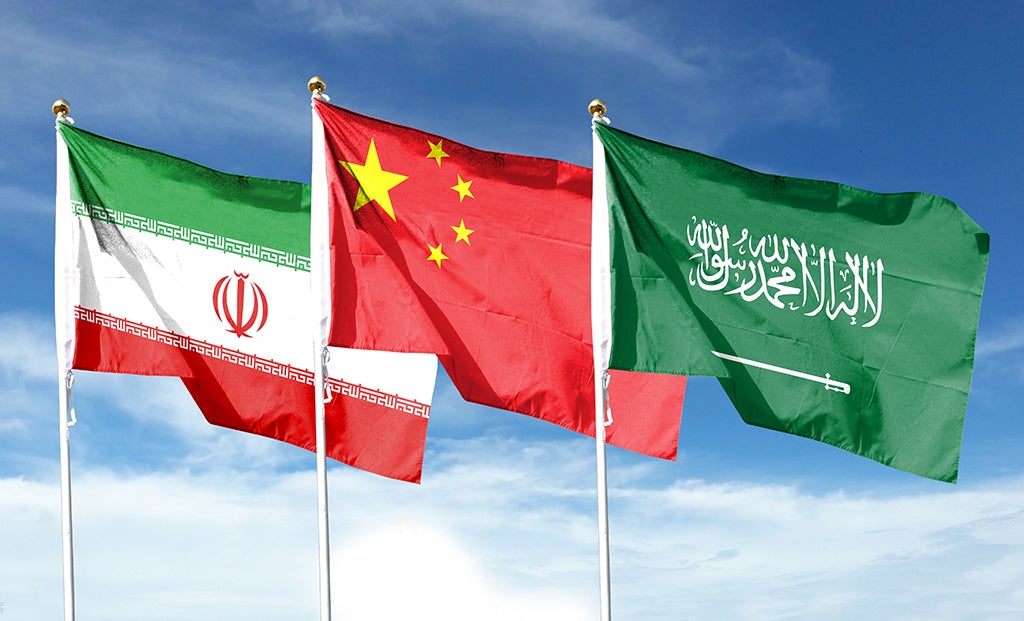
China, America and the Saudi-Iranian normalization
by Trita Parsi | 1 May, 2023
The Saudi-Iranian normalization deal brokered by China has sent shockwaves throughout the region. Regional actors had not expected China to suddenly desire a political role in the Persian Gulf. Others were skeptical of Beijing’s diplomatic capacity and skills. Few, however, were as surprised as foreign policy hands in Washington - even though it is the United States’ actions and missteps that inadvertently created both the opportunity...
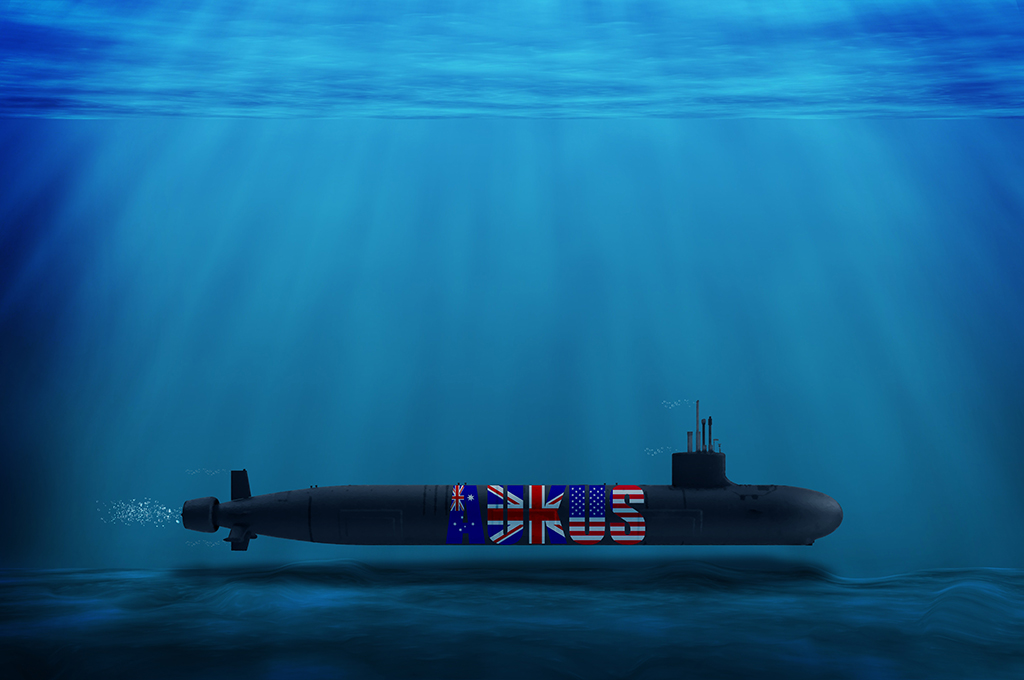
Doubts about AUKUS
by Hugh White | 20 April, 2023
Eighteen months ago, when Australians first learned of the AUKUS proposal for their country to build nuclear-powered submarines, it came as a stunning shock. So great was the shock, in fact, that for a time it eclipsed any serious debate about this revolutionary and quite unprecedented idea. An initiative of such scale and audacity seemed almost to defy critique and analysis. But that began to change last month when the leaders of America, Britain and Australia gathered in San Diego to announce...
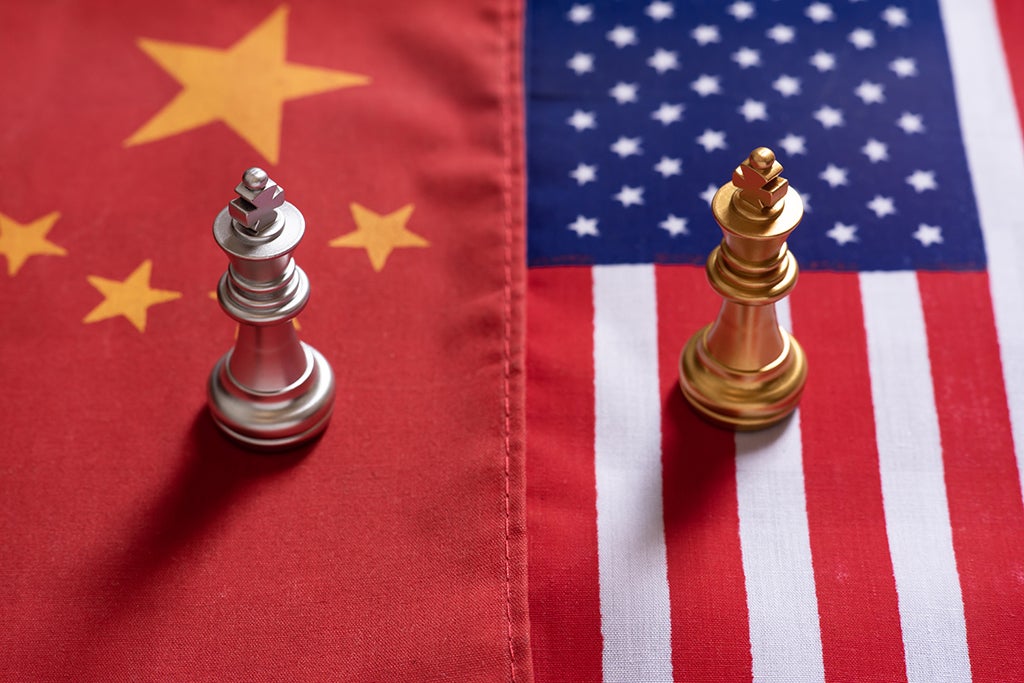
Averting the Grandest Collision of all time
by Graham Allison | 17 March, 2023
If Thucydides were asked about what’s happening in relations between the US and China today, what would he say? That was the question posed to me at the Davos World Economic Forum in January. I responded that he would say that this is a classic Thucydidean rivalry in which the two parties are right on script, each competing to show which can best exemplify the typical rising and ruling power—leaving him on the edge of his seat anticipating the grandest collision of all time...

India Can Still Be a Bridge to the Global South
by Sanjaya Baru | 3 March, 2023
Since Russia invaded Ukraine more than a year ago, India has refused to take sides in what it views as essentially a power struggle between the East and West. New Delhi has instead opted to walk the middle path: preserving its time-tested relations with Moscow, seeking to improve relations with Beijing, and strengthening relations with Washington and Tokyo. More than a few times, the challenge of balancing Russia and the United States has nearly jolted India from its tightrope. India’s middle-path approach...
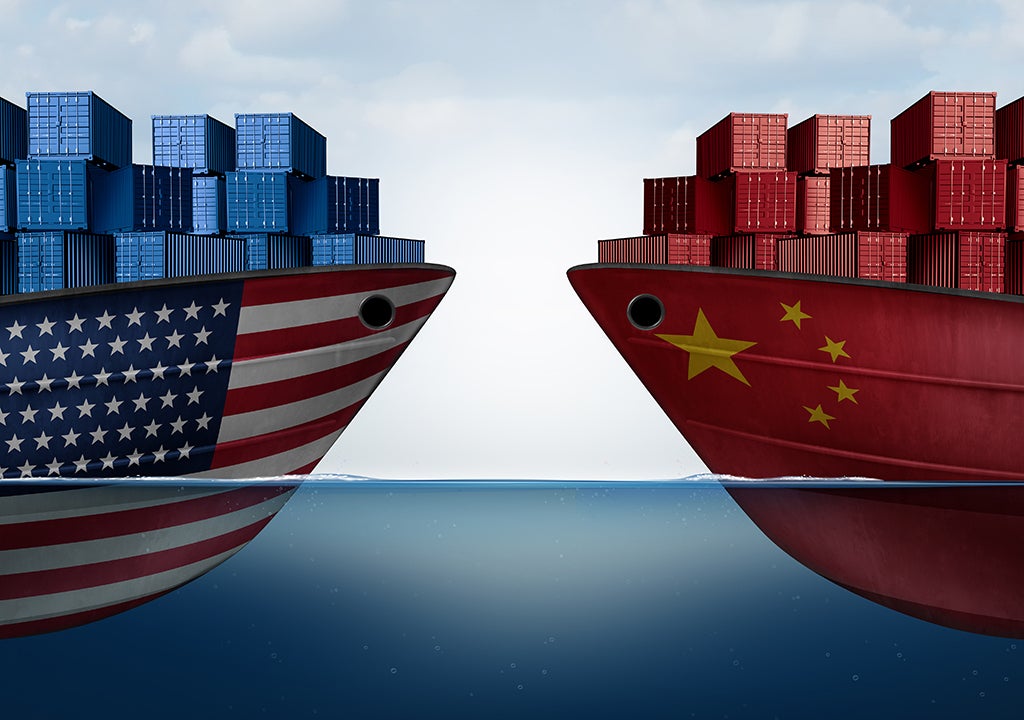
U.S.-China Trade and Investment Cooperation Amid Great Power Rivalry
by Yuhan Zhang | 3 March, 2023
Since 2018, the United States has been responding to China’s meteoric economic rise and its own relative decline with a slew of protectionist policies, such as subsidies, at-the-border and behind-the-border trade barriers, and foreign investment restrictions. These policies have naturally elicited retaliations[i] from the Chinese government. As a result, over the last few years, great power competition between the United States ...
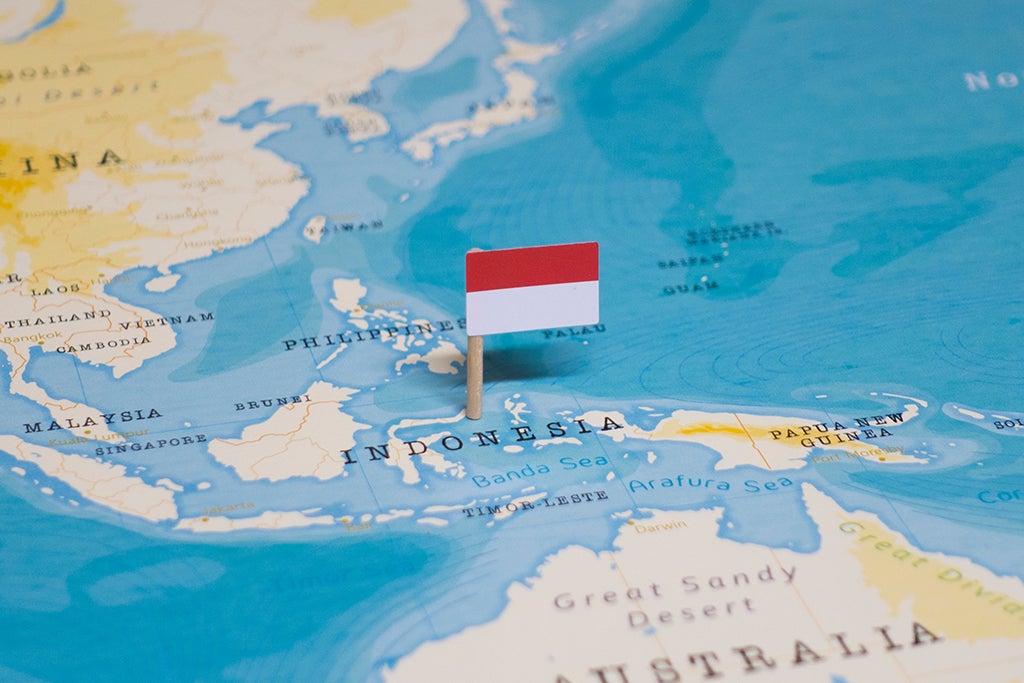
Managing expectations: Indonesia navigating its international roles
by Shafiah F. Muhibat | 27 January, 2023
"Indonesia, as Chair of the G20, will surely take advantage of the G20 achievements and follow up priority issues as Chair of ASEAN," the spokesperson of the Indonesian Ministry of Foreign Affairs stated to the media shortly before the start of the G20 Summit. Given the success of the G20 Summit, it is understandable that there were immediate calls for Indonesia to repeat the success ‘formula’ at ASEAN too. G20 and ASEAN are different organisations, that is for sure...
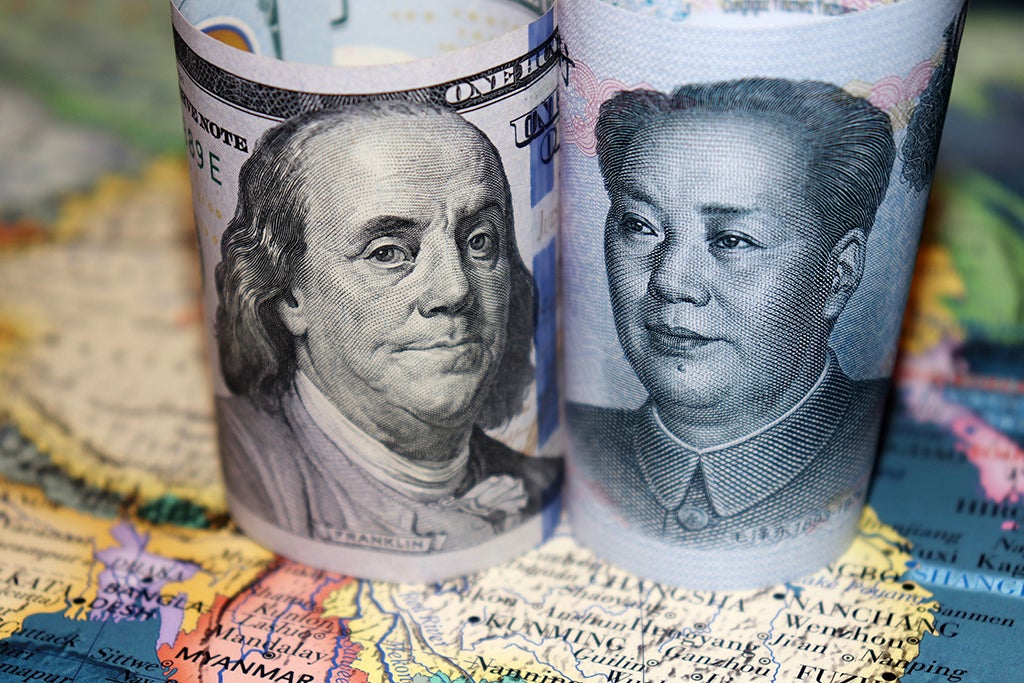
Caught in the middle? Not necessarily Non-alignment could help Southeast Asian regional integration
by Xue Gong | 2 December, 2022
Southeast Asian states must resuscitate ‘non-alignment’ foreign policy as a middle path in great power competition. Political elites across Southeast Asia see the United States and China as two poles, pulling their countries in opposite directions. In Washington, the bipartisan consensus is that China is a rival that is intent on chipping away at the US’ global leadership. China has indeed been steadily expanding its economic influence..
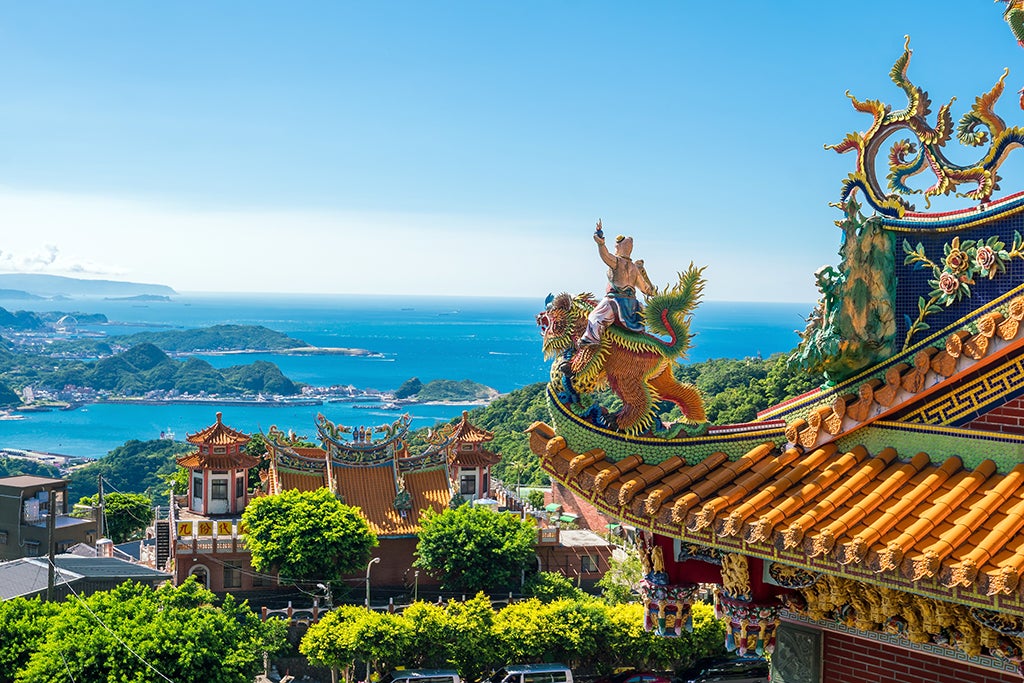
It’s Dangerous Salami Slicing on the Taiwan Issue
by Richard W. Hu | 4 November, 2022
Power transition is a powerful logic in international relations discourse. Power transition between rising powers and existing powers—or a formerly weaker power overtaking a stronger one—is often viewed as dangerous in world politics. International relations scholars A. F. K. Organski, Jacek Kugler, and Robert Gilpin have long argued that power transition is a basic cause of systemic war. We have seen many wars occur when an emerging power threatens to displace an existing power...

Navigating Troubled Waters: Ideas for managing tensions in the Taiwan Strait
by Ryan Hass | 23 September, 2022
Is the situation in the Taiwan Strait on a one-way escalator to eventual conflict? Given the persistent ratcheting up of tensions in the Taiwan Strait in recent years, it is becoming easier for analysts to argue that the situation will continue to escalate until it reaches a breaking point. Such lazy cynicism is dangerous, though. The hard reality is that there is no military solution to tensions in the Taiwan Strait.....

Muslim Asia and The Quest for Peace
by Chandra Muzaffar | 2 September, 2022
Islam’s deep affinity to peace is perhaps best illustrated by the fact that the word “Islam” itself implies peace through engaged surrender to God, to the Divine Will. There are a number of passages in the Quran that demonstrate its commitment to peace, especially the peaceful resolution of disputes. The Prophet Muhammad’s life and struggle also offer numerous instances of his inclination towards peace....

Restoring Trust between India and China; A Modest Suggestion
by Shivshankar Menon | 15 August, 2022
Can the European Union (EU) and the Association of Southeast Asian Nations (ASEAN) work together to maintain the 1945 rules-based, multilateral order, that was shaped and built largely by the West? With the rise of great power rivalry between the US and China, the future of this order, together with its core institutions such as the United Nations (UN)...
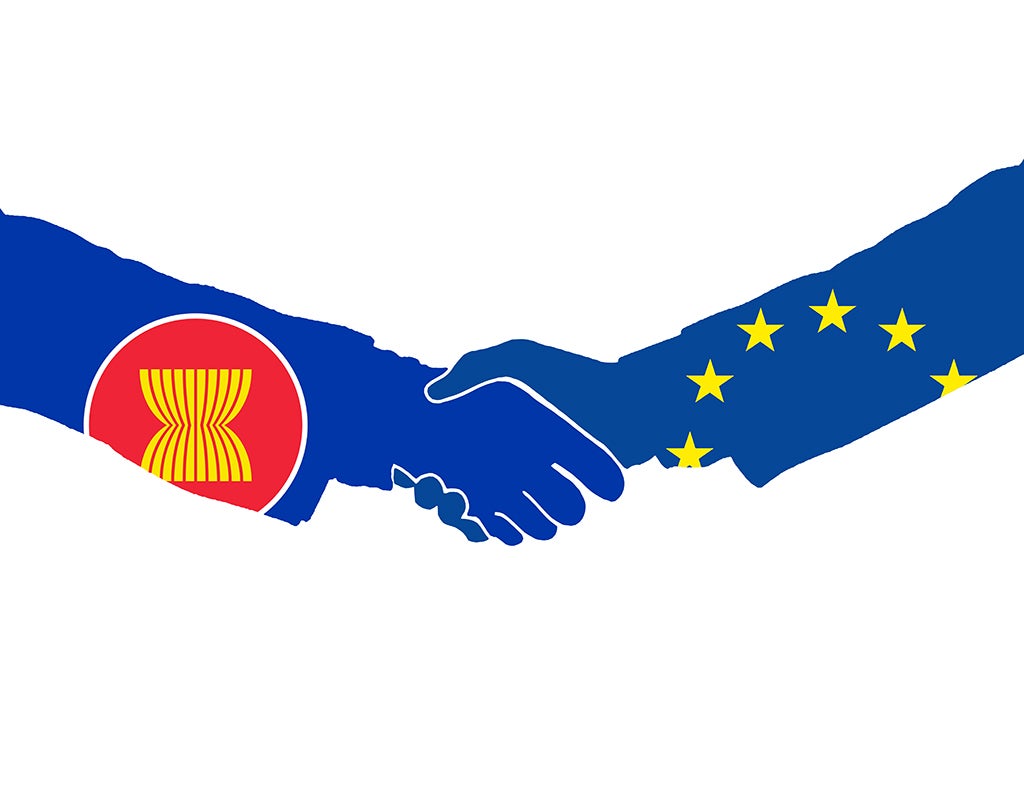
The EU and ASEAN: Partners to Manage Great Power Rivalry?
by Tan York Chor | 25 July, 2022
Can the European Union (EU) and the Association of Southeast Asian Nations (ASEAN) work together to maintain the 1945 rules-based, multilateral order, that was shaped and built largely by the West? With the rise of great power rivalry between the US and China, the future of this order, together with its core institutions such as the United Nations....

Countering Moro Youth Extremism in the Philippines
by Joseph Franco | 27 June, 2022
In 2017, there was protracted conflict between Islamic State-linked violent extremist organisations (IS-linked VEOs) and the Armed Forces of the Philippines (AFP). IS-linked VEOs captured the Southern Philippine city of Marawi, with the intent to establish a wilayah in the Bangsamoro region. Bangsamoro is home to...

Thailand and the Barisan Revolusi Nasional - Transforming Governmental Frameworks for Long-term Peace
by Tanvi Kothari | 2 June, 2022 (The winning essay for the UWCSEA-APP Peace Essay Competition)
After a somewhat stagnant two years, there is a reemergence of the peace dialogue between Thailand’s government and the separatist insurgent group, Barisan Revolusi Nasional. This conflict, stemming from the invasion of the Malay sultanate Pattani and subsequent assimilation of the Muslim-majority population, has been ongoing...
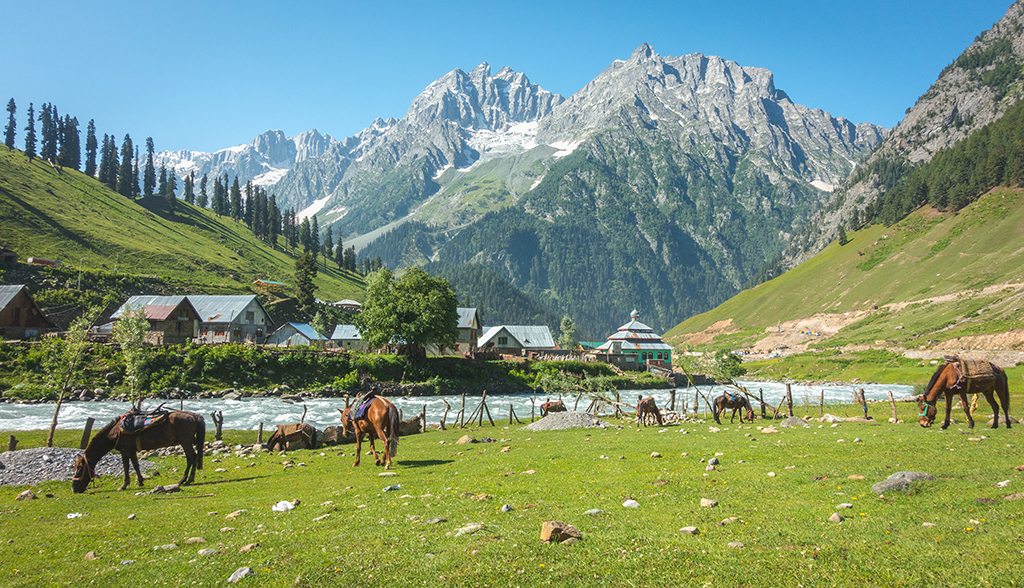
Building a process of trust between India and Pakistan on Kashmir
by Kamila Hak | 2 June, 2022 (The second placed entry for the UWCSEA-APP Peace Essay Competition)
Pakistan and India have had three wars in over 70 years. Beginning with the issue of religion and stemming into issues of resource distribution, relations between these two states are yet to find a way into friendly territory. Kashmir has been a continual reason for the mistrust between the two regions as both want access to the resources that Kashmir offers...
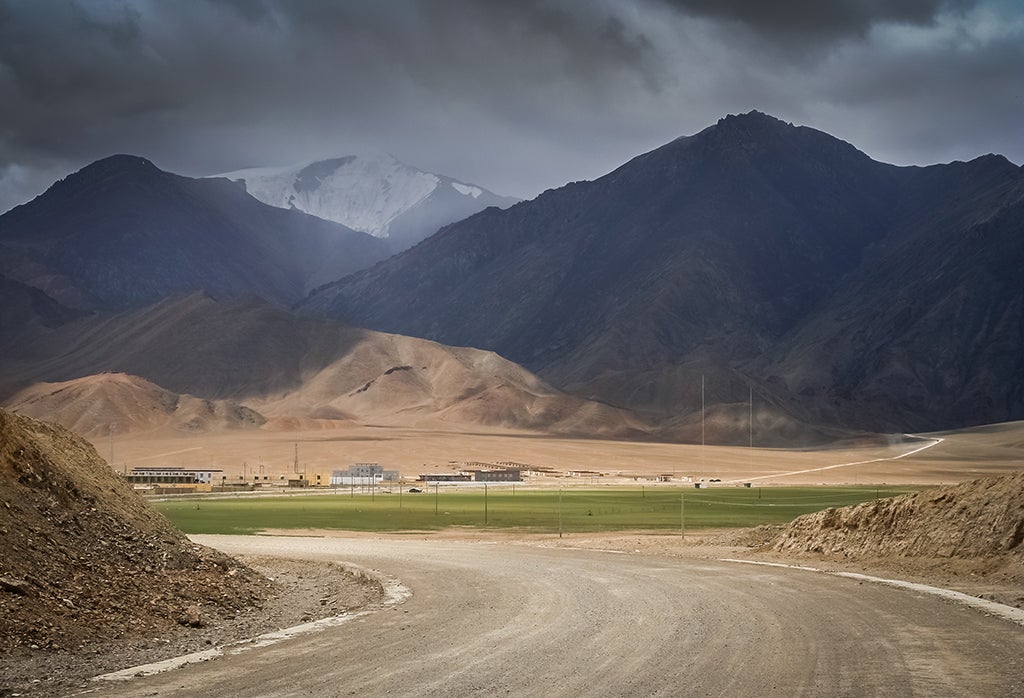
Solutions towards peace along the Sino-Indian border
by Vanshika Anand | 2 June, 2022 (The third placed entry for the UWCSEA-APP Peace Essay Competition)
“India has always given a befitting reply to anyone who has tried to disturb the prevailing atmosphere of peace and progress,” Narendra Modi proclaimed shortly after the 2020 skirmishes between China and India. The longstanding conflict between the two rising powers has fluctuated for the past century, ranging from strong economic ties to aggressive face-offs...
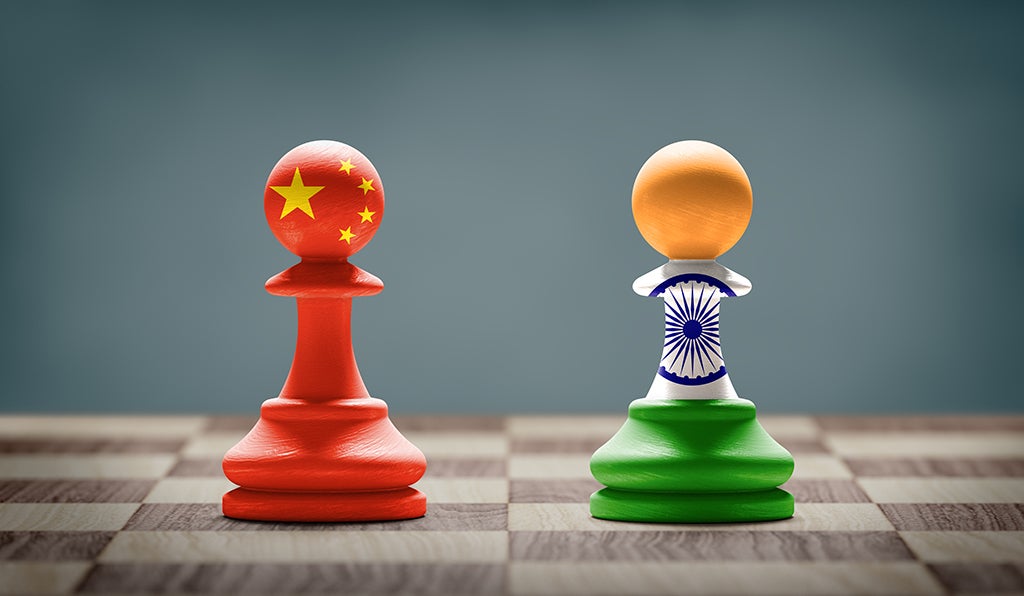
India-China relations: Getting Beyond the Military Stalemate
by C. Raja Mohan | 17 May, 2022
Restoration of peace on the border disturbed by the clashes between the Indian Army and the People’s Liberation Army in the summer of 2020 could help arrest the continuing downward slide in Sino-Indian relations and create much needed diplomatic space for resumption of normal relations between Delhi and Beijing. Disengagement and de-escalation...

Investing in Peace for Asia
by Wu Ye-Min | 18 April, 2022
The war in Ukraine is a wakeup call for us not to take any peace that we enjoy for granted. Certainly we, in Asia, cannot take peace for granted. The fallout from Afghanistan, the coup in Myanmar, tensions in the South China Sea, border conflicts between China and India, missile tests on the Korean peninsula, local skirmishes involving non-state armed groups...

Where are the peacemakers?
by Kishore Mahbubani | 18 March, 2022
The Russian invasion of Ukraine is illegal and has to be condemned by the international community. And it has been condemned. As a former Ambassador to the United Nations, I fully understand and support the need to protect the principles of the UN Charter. Yet, in geopolitics we must always do two things simultaneously. We must moralise...
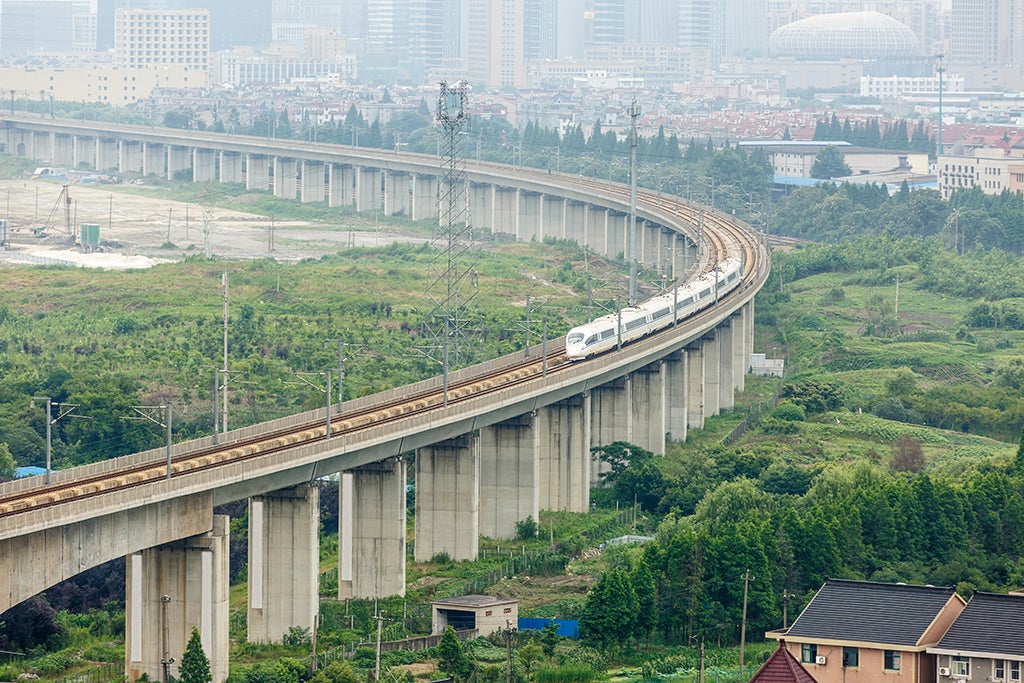
Can the Belt and Road Initiative bring peace to China and ASEAN?
by Selina Ho | 15 February, 2022
The Belt and Road Initiative (BRI) aims to create land and sea connectivity via a web of infrastructure that facilitates the flow of people and goods. This vision of connectivity is shared by the Association of Southeast Asian Nation (ASEAN) states. It did not come from China alone. ASEAN countries themselves have ideas about connectivity...
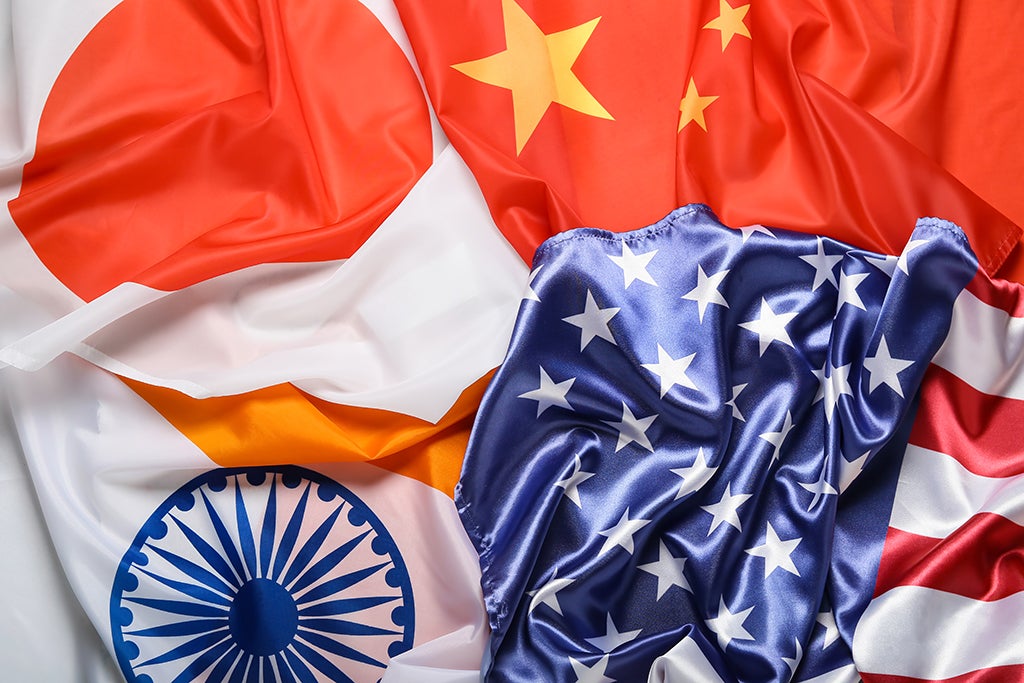
America Needs an Economic Peace Strategy for Asia
by Van Jackson | 11 January, 2022
In December, the Biden administration’s Indo-Pacific coordinator, Kurt Campbell, detailed the shape of U.S. thinking about China and Asia. He hit all the familiar notes: the importance of alliances, weapons sales to counter China, the centrality of ASEAN, and the optimistic view that Sino-U.S. relations could be at once competitive and stable.....

India-Pakistan: Peace by Pieces
by Kanti Bajpai | 8 December, 2021
India and Pakistan are famous for quarrelling incessantly and periodically going to war. In fact, however, since 1947 they have cooperated and made peace many times over. Ironically, even Indians and Pakistanis fail to remember this history and to take encouragement from it. Today, a big bang, comprehensive settlement of core disputes is politically unviable. Peace by pieces is more plausible. Delhi and Islamabad can and should dust off putative agreements on Sir Creek, Siachen, and trade and investment to lay the foundation for more....

HADR as a Diplomatic Tool in Southeast Asia-China Relations amid Changing Security Dynamics
by Lina Gong | 3 December, 2021
The South China Sea disputes between China and the Southeast Asian claimant states continue to remain a thorn in China-ASEAN relations. How can ASEAN and China transform their existing diplomatic tools and cooperative mechanisms to ensure that, notwithstanding the existing territorial and maritime disputes, the bilateral relationship remains strong? One way of strengthening the existing bilateral relationship is to increase ASEAN-China cooperation in humanitarian assistance and disaster relief (HADR)...
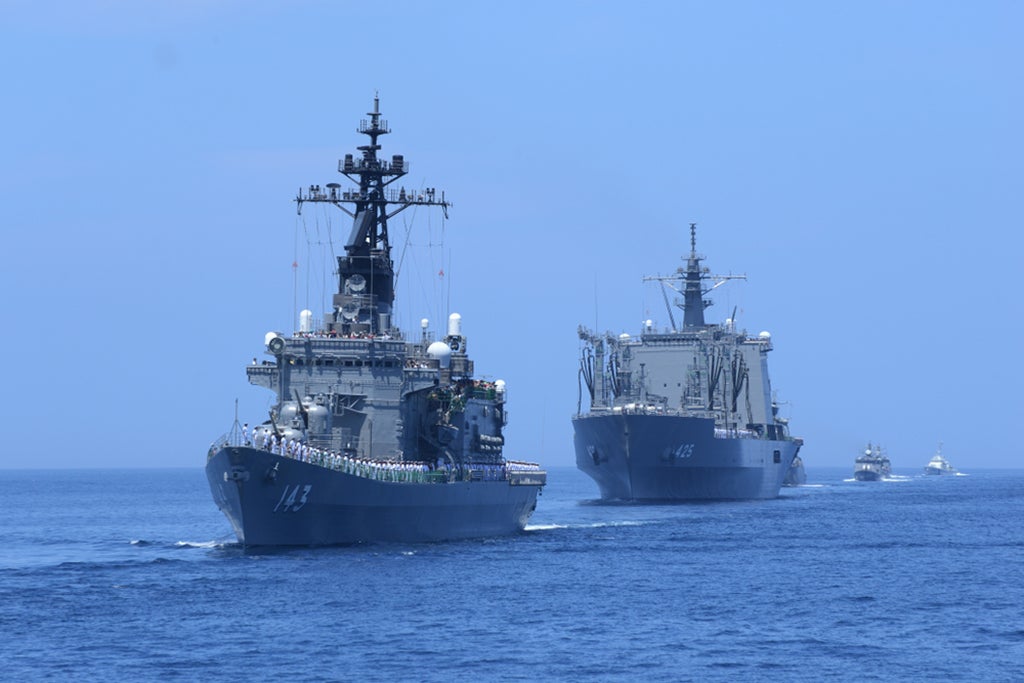
Technocratic Deliberation and Asian Peace
by Parag Khanna | 28 October, 2021
After 30 years of post-Cold War great power stability, Asia’s peace is threatening to unravel. Tensions are rising over Taiwan, the Senkaku islands, and North Korea--all amidst talk of a “new Cold War” between the US and China. Furthermore, five years have passed since the World Court ruling against China’s claims to a handful of islands in the South China Sea, though to little effect...
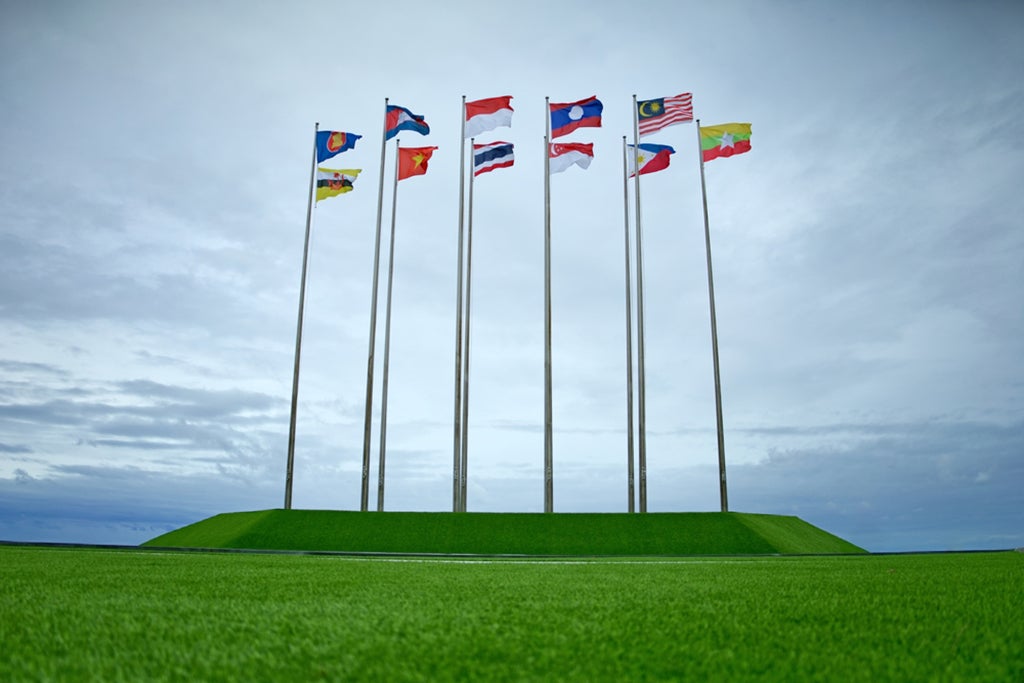
Safer Together: Why South and Southeast Asia Must Cooperate to Prevent a New Cold War in Asia
by Sarang Shidore | 4 October, 2021
As China’s rise continues unabated, it is hardly a secret that the United States is reorienting its grand strategy to counter China in all domains, with the AUKUS announcement as its latest manifestation. Washington’s goal is to prevent the emergence of China as a peer competitor and retain (or recover) U.S. global dominance. The steadily militarizing U.S.-China rivalry threatens to roil South and Southeast Asia...

Freeze, Talk and Trade: the 3 Principles of Peace
by Kishore Mahbubani | 27 September, 2021
Presidents Joe Biden and Xi Jinping finally had a ninety-minute conversation on the ninth day of the ninth month of the year. The whole world should breathe a huge sigh of relief. Such direct talks can prevent wars. Indeed, in this case, we may have prevented a nuclear war....
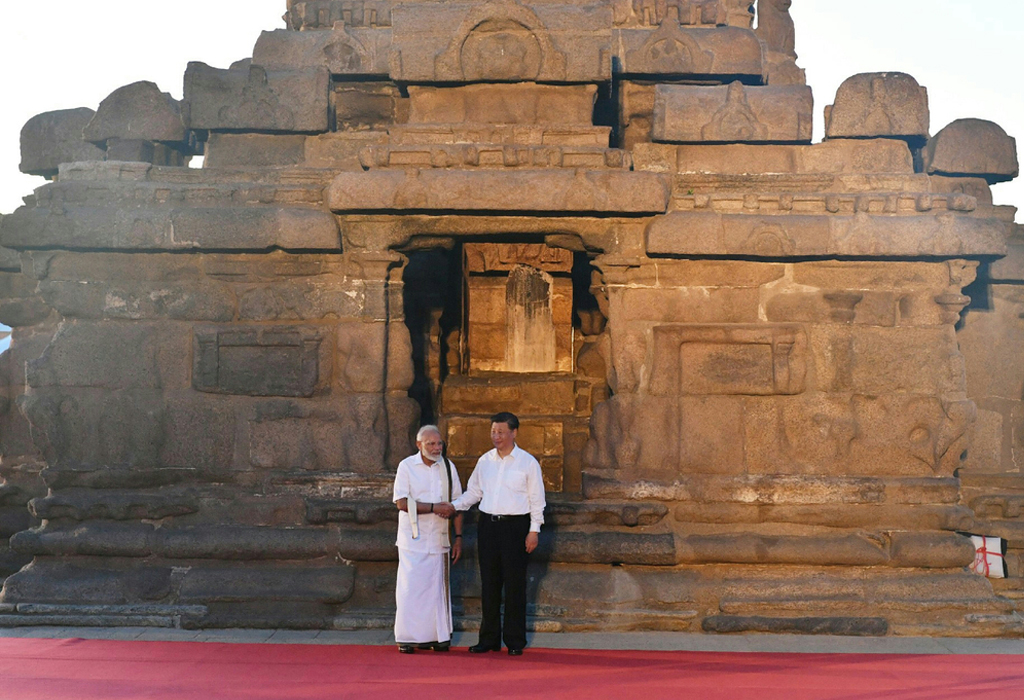
China and India: More New Diplomacy
by Kanti Bajpai | 26 August, 2021
A year ago in July 2020, in a short essay for the Asia Peace Programme (APP), I suggested that China and India needed “a new diplomacy”. The old diplomacy consisted of four main elements; regular summitry; military confidence-building measures (CBMs); border negotiations; and trade...
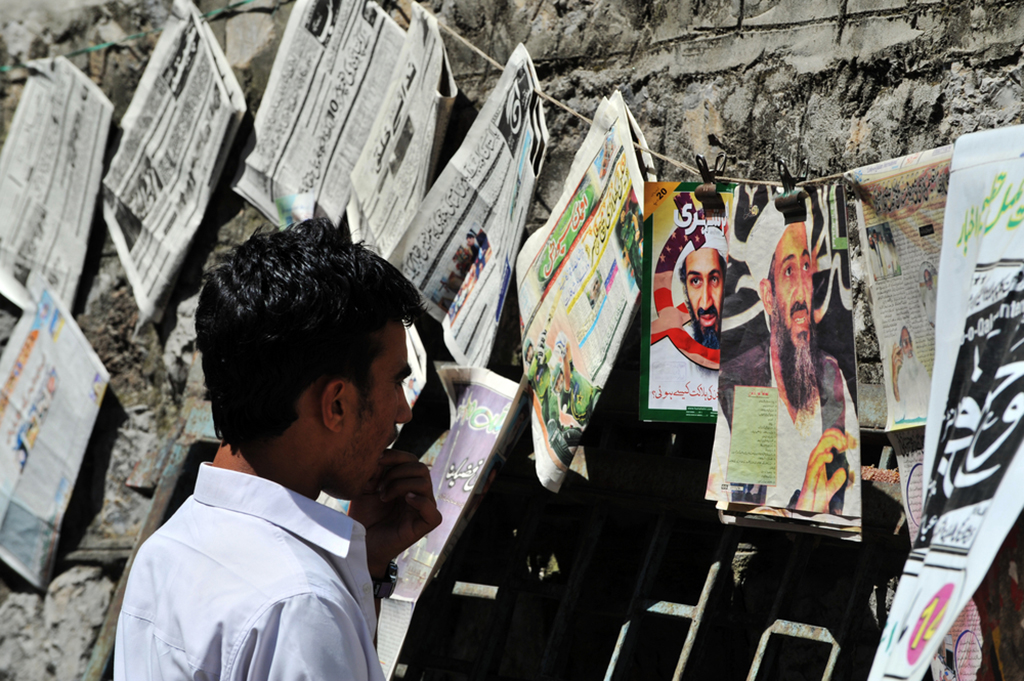
Countering the threat of Islamist extremism in Southeast Asia
by Kumar Ramakrishna | 16 July, 2021
In spite of the apparent defeat and decline in Al Qaeda and ISIS in the Middle East, violent extremism linked to the two terrorist organisations continues to pose an ideological and security threat to Southeast Asia. As the recent Singapore Terrorism Threat Assessment Report compiled by Singapore government indicates...

Asia, say no to Nato: The Pacific has no need of the destructive militaristic culture of the Atlantic alliance
by Kishore Mahbubani | 28 June, 2021
The United States has no regional initiative of significance. It has excluded itself from two economic groupings: the Regional Comprehensive Economic Partnership and the Comprehensive and Progressive Agreement on Trans Pacific Partnership. In 2017, then-President Donald Trump did attend the ASEAN–U.S. summit in the Philippines, but...
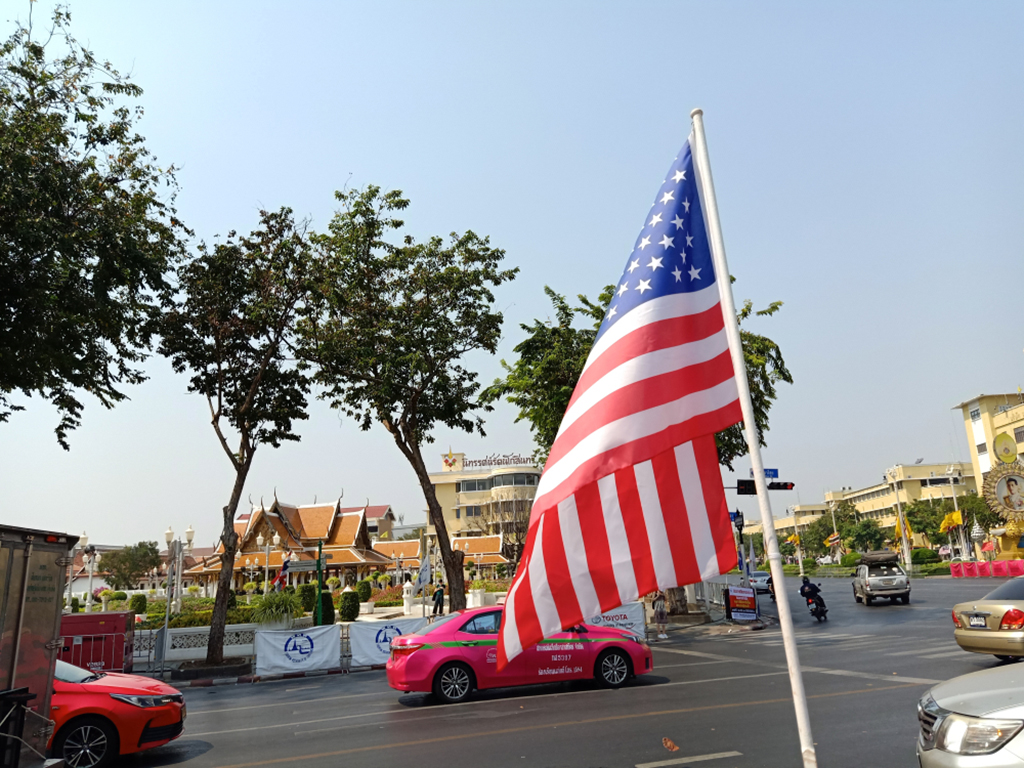
Can Biden bring peace to Southeast Asia?
by Dino Djalal | 1 June, 2021
“America is back,” U.S. President Joe Biden has announced to the world—but in Southeast Asia, the United States is playing catch-up again. And it has much to recover. The last four years witnessed Washington’s dwindling diplomatic and political capital in the region. The United States has no regional initiative of significance. It has excluded itself from two economic groupings...
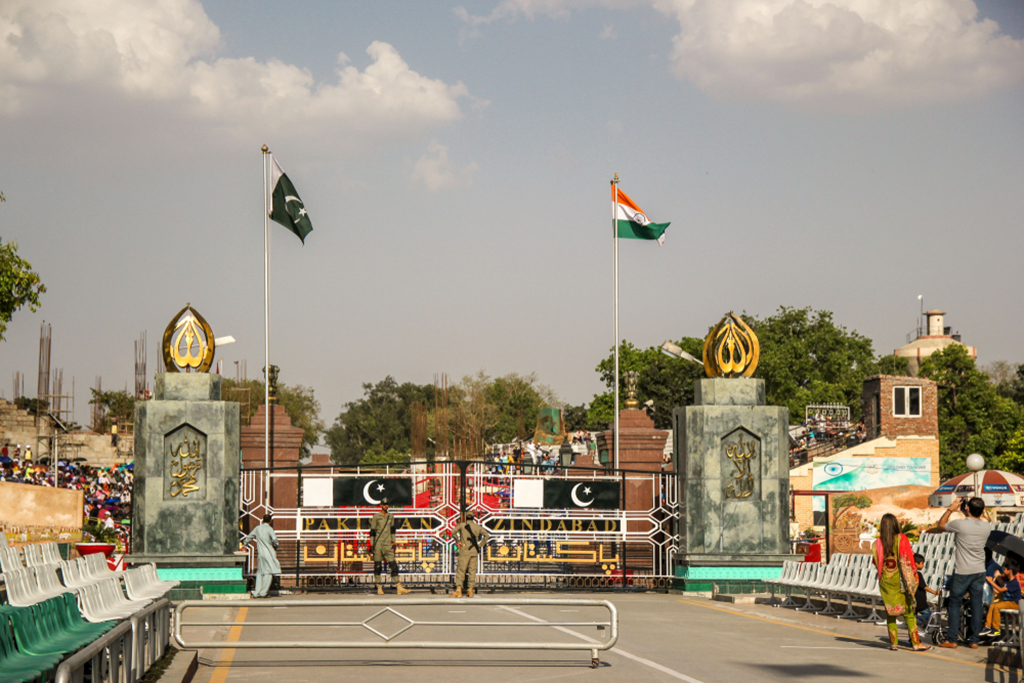
An India-Pakistan ceasefire that can stick
by Ameya Kilara | 20 May, 2021
A rare piece of good news on India-Pakistan made headlines at midnight on 25 February 2021 – a joint statement between Indian and Pakistani officials renewing their commitment to the 2003 ceasefire. This pressed a pause button on a rapidly deteriorating bilateral relationship. The joint statement was the product of secret backchannel talks between the two governments....

An antidote against narrow nationalism? Why regional history matters
by Farish A Noor | 19 April, 2021
One of the courses that I teach at my university is the course on states, society and history of Southeast Asia. Every time I begin teaching this course I have an exercise for all my students – most of whom happen to come from the various countries of Southeast Asia. I ask them to turn off their laptops and phones, then take out a blank sheet of paper...
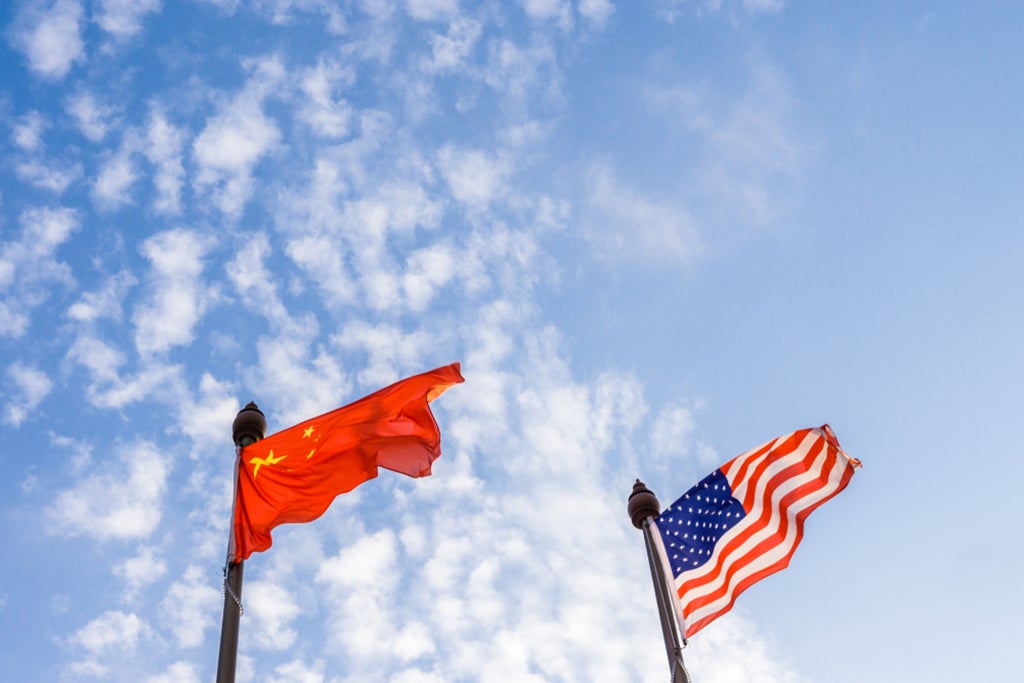
The Anchorage Meeting Will Buy America Needed Time
by Douglas Paal | 25 March, 2021
Global media had a rare treat March 18-19, watching China’s and America’s top diplomats depart from normal diplo-speak and score points off each other in Anchorage, Alaska. Accusing each other of violating protocol and etiquette, they squared off over perceived signs of disrespect, hegemonic behavior, interference in internal affairs, and more...
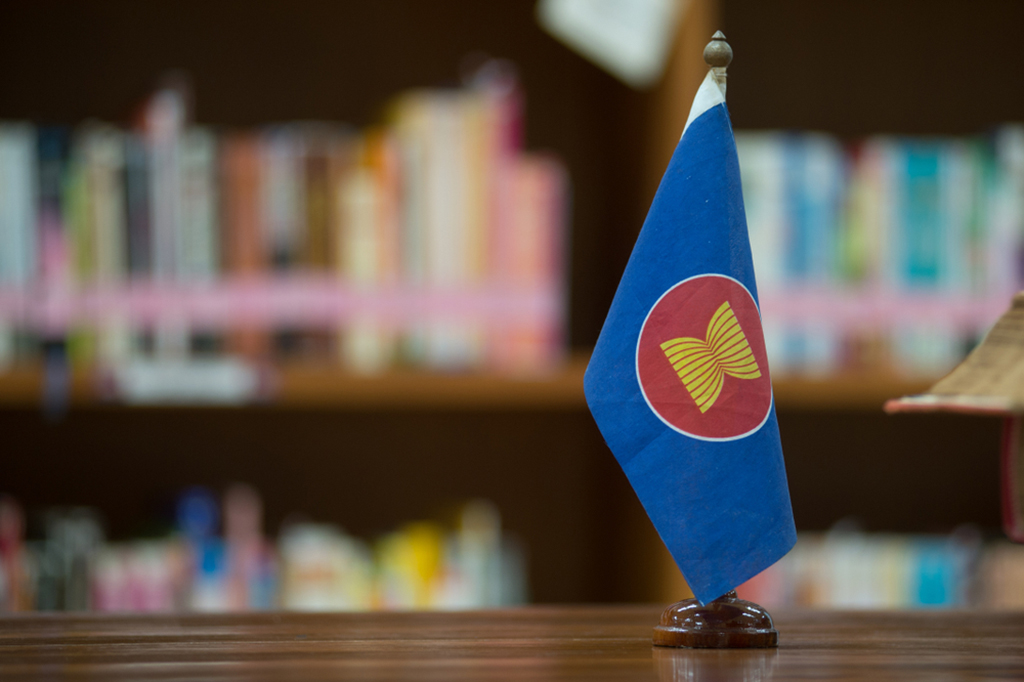
The oxygen of ASEAN
by Kishore Mahbubani | 8 March, 2021
I am 72 years old. Like most people of my age, I dreaded getting COVID-19. I could have died. However, as I investigated more, I discovered that even if I had survived COVID-19, I could have still suffered if I had got it because I could have been put on a ventilator. If insufficient oxygen had reached my lungs, they would have put in a tube to inject oxygen directly to my lungs. Ugh!...
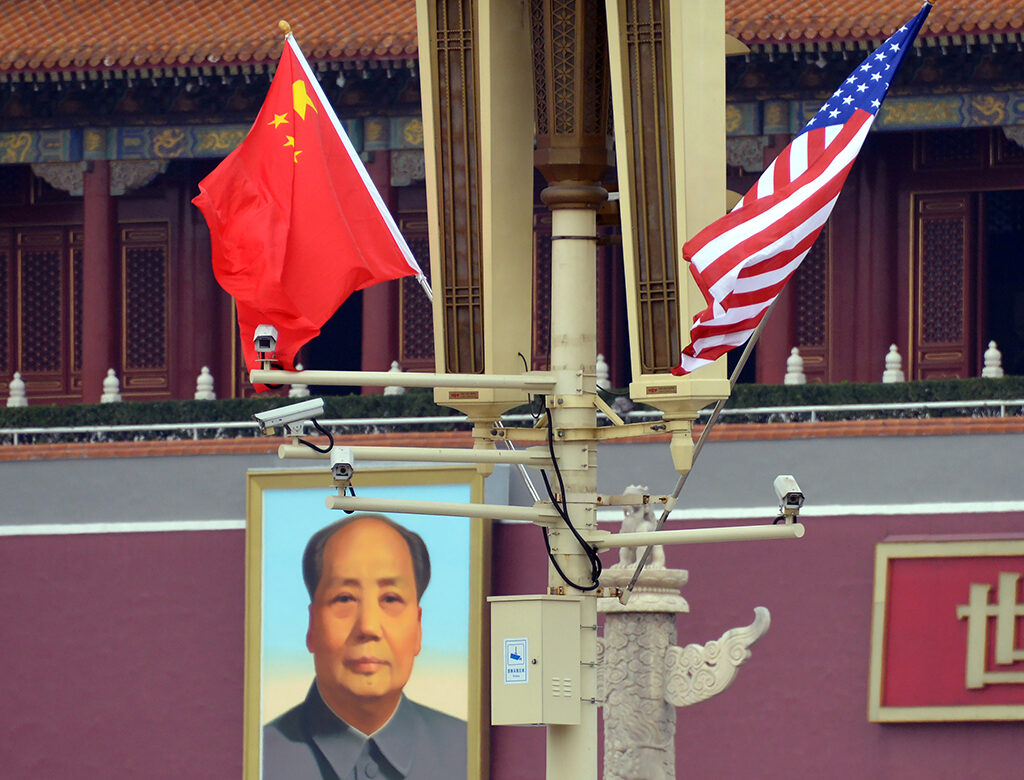
Beware of Munich
by Khong Yuen Foong | 22 February, 2021
How do wars start? Sometimes, it’s because leaders apply the wrong lessons of history. U.S. President Lyndon Johnson (1963-1968), for example, scribbled to himself while deliberating whether to intervene massively Vietnam, “To give in = another Munich. If not here—then Thailand.” Johnson’s old friend Senator Mike Mansfield repeatedly warned him that Vietnam was not “another Munich” but Mansfield’s warnings fell on deaf ears. The net result was a war lost, over 50,000 American soldiers killed, and millions of Vietnamese killed...
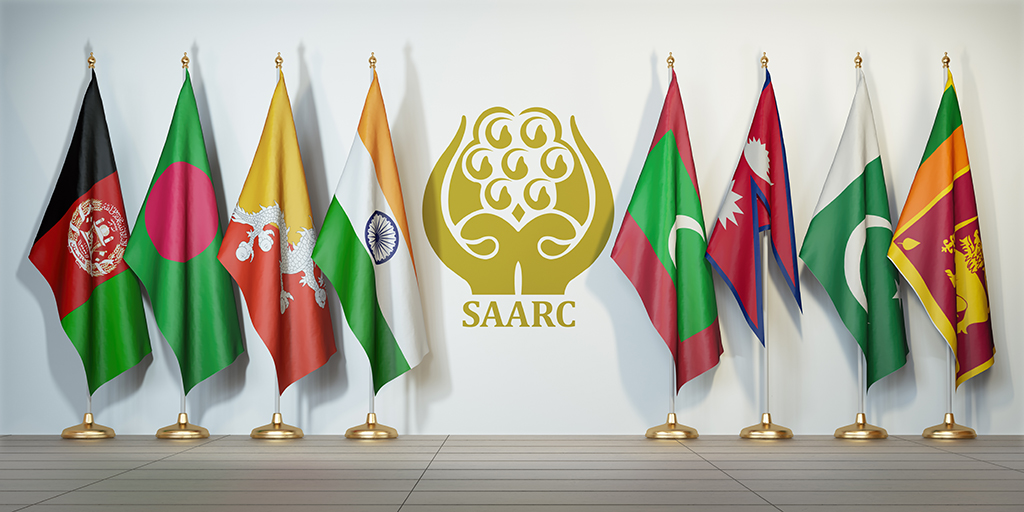
Can South Asia put India-Pakistan hostilities behind to unite for greater good?
by Ramesh Thakur | 28 January, 2021
With nearly 1.9 billion people living in South Asia, the eight-member South Asian Association for Regional Cooperation (Saarc) is clearly among the biggest regional organisations in the world by representative population, yet it has failed to unite member states on common issues in the mould of the better known, and larger, Association of Southeast Asian Nations (Asean).…”
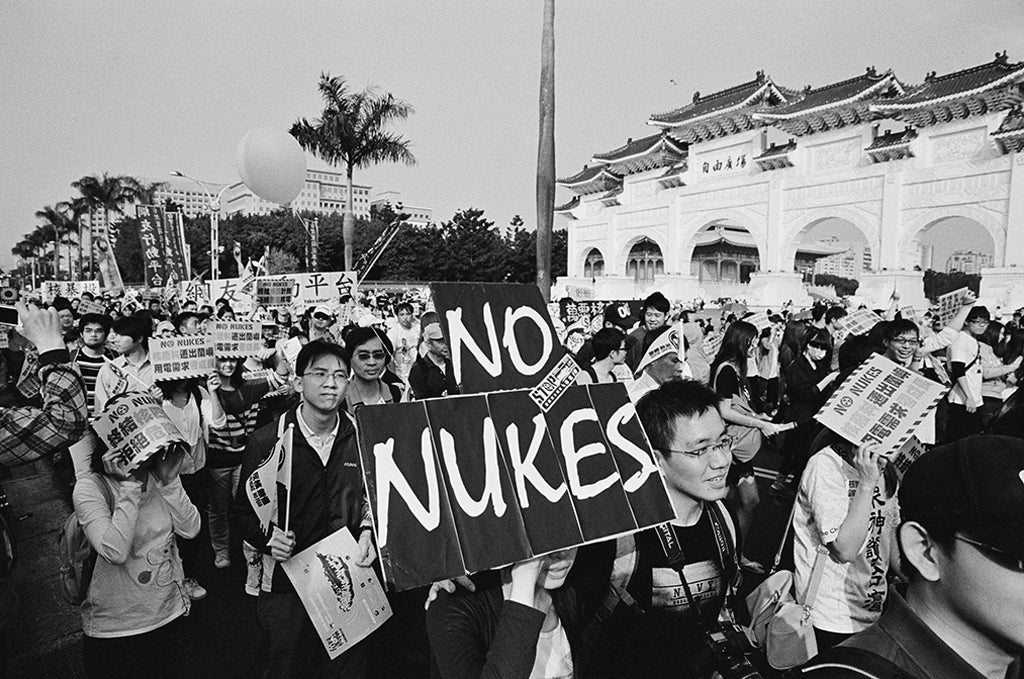
Nuclear Deterrence 3.0
by Rakesh Sood | 22 December, 2020
When Trump leaves office and Biden takes over, humanity should breathe a huge sigh of relief. Trump is the only recent President to threaten the use of nuclear weapons. In August 2017, Trump warned North Korea, “They will be met with fire and fury like the world has never seen…”
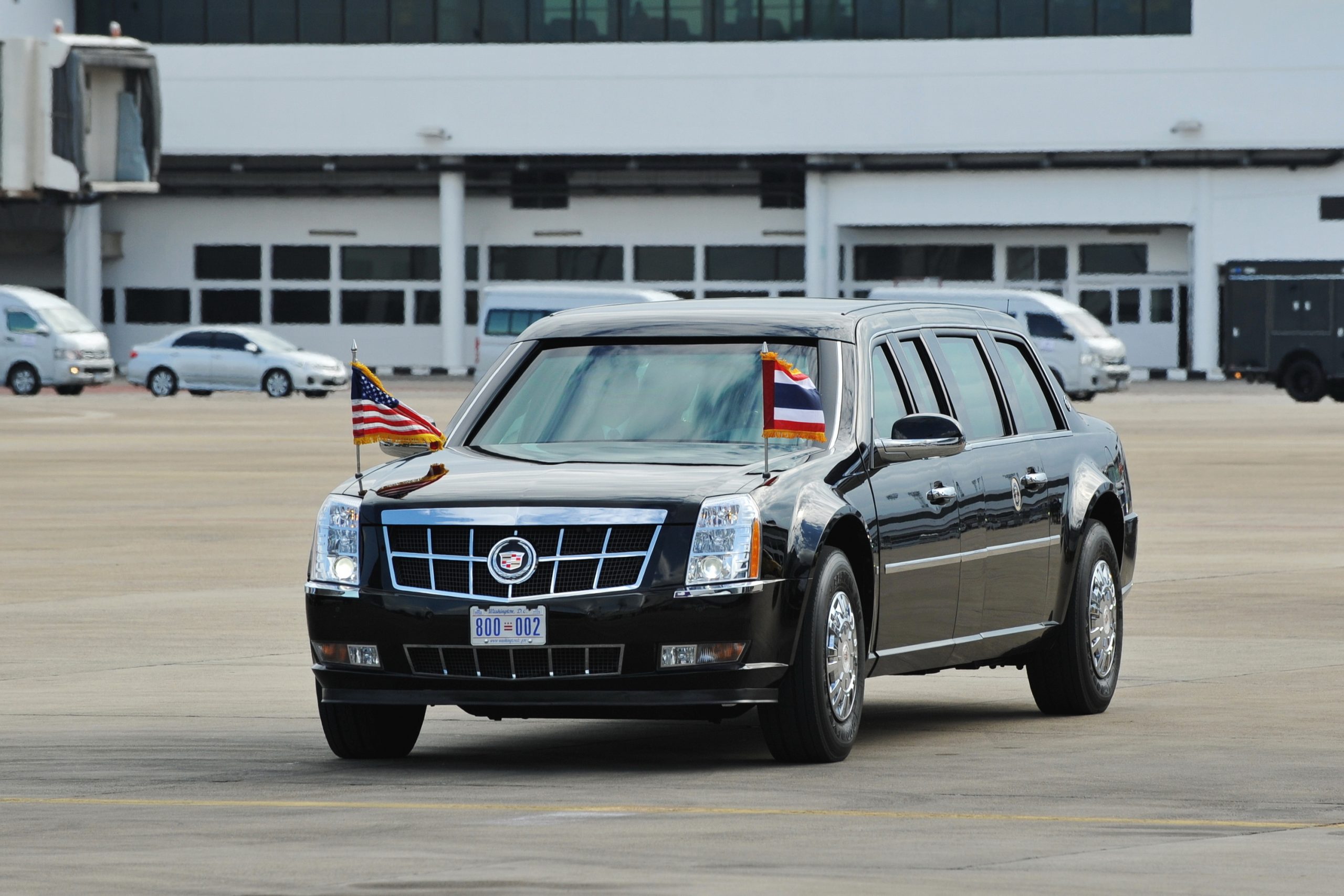
The Biden era: challenges and opportunities for Southeast Asia
by Michael Vatikiotis | 21 November, 2020
Not a moment too soon, the Biden victory has generated a collective sigh of relief across Southeast Asia after four years of rollercoaster US policymaking in Asia that has heightened geo-political tensions and instilled unprecedented levels of uncertainty and some mistrust in the region’s relationships with Washington...
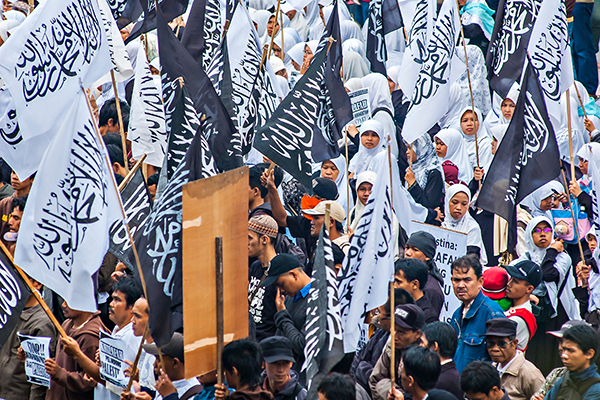
Islamist Terrorism in Indonesia: Roots and Responses
by Noor Huda Ismail | 28 October, 2020
Indonesia has experienced a series of deadly terrorist attacks from jihadists seeking to establish an Islamic state since the early 2000s. The worst terror strikes were the Bali bombings in 2002 which killed 202 people...
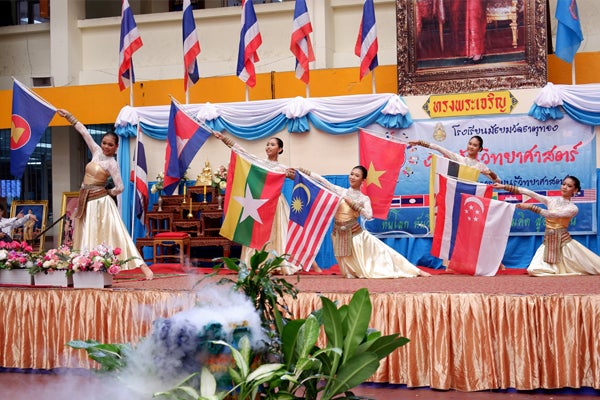
Can Asians speak truth to power?
by Hugh White | 25 September, 2020
In Asia, an old threat to peace is returning. For many decades, it has seemed almost unthinkable that the region’s major powers could again engage in a full-scale war, as they did 75 years ago...
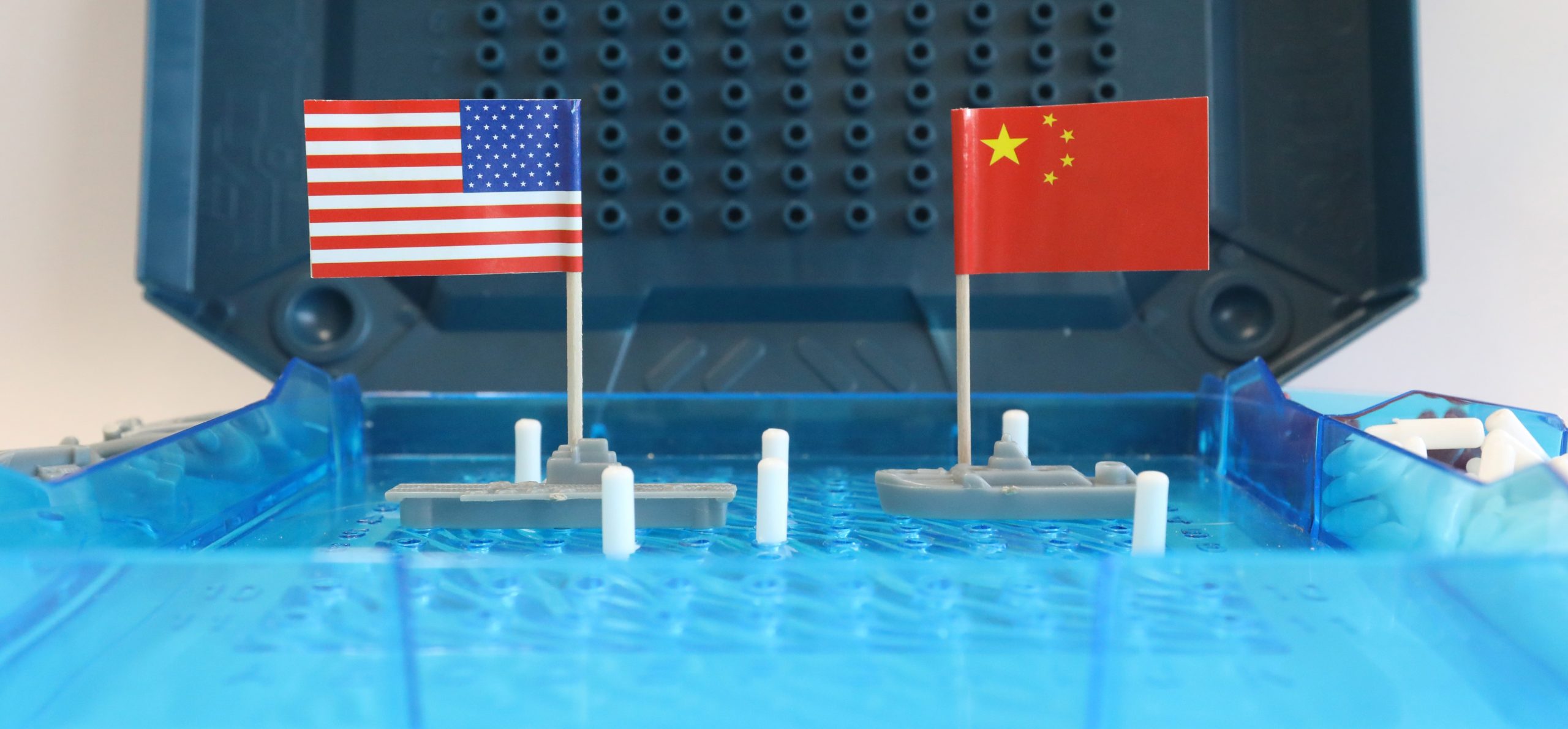
How China and the U.S. Can Avoid a Clash in the South China Sea
by Mark J. Valencia | 28 August, 2020
Relations between the United States (U.S.) and China – overall and in the South China Sea in particular – are rapidly deteriorating. The two countries are escalating the situation and a military clash is a distinct possibility...
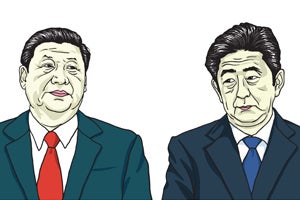
China and Japan: Will They Ever Reconcile?
by Professor Tommy Koh | 30 July, 2020
Let me begin my essay by telling you a story. In 1996, the then Singapore Prime Minister, Mr Goh Chok Tong, was successful in convening the inaugural meeting of the leaders of Asia and Europe, in Bangkok. The leaders agreed to establish the Asia-Europe Meeting or ASEM...
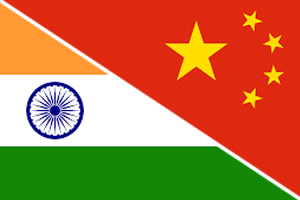
China and India: A New Diplomacy
by Professor Kanti Bajpai | 01 July, 2020
China-India tensions along the Line of Actual Control (LAC) in Ladakh in June 2020 indicate that relations between the giants of Asia are brittle. The military clash of June 15 is unsettling, but both powers must take the long view. The relationship is complex. However, at the heart of it is the border quarrel over which they went to war in 1962. Despite negotiations...


